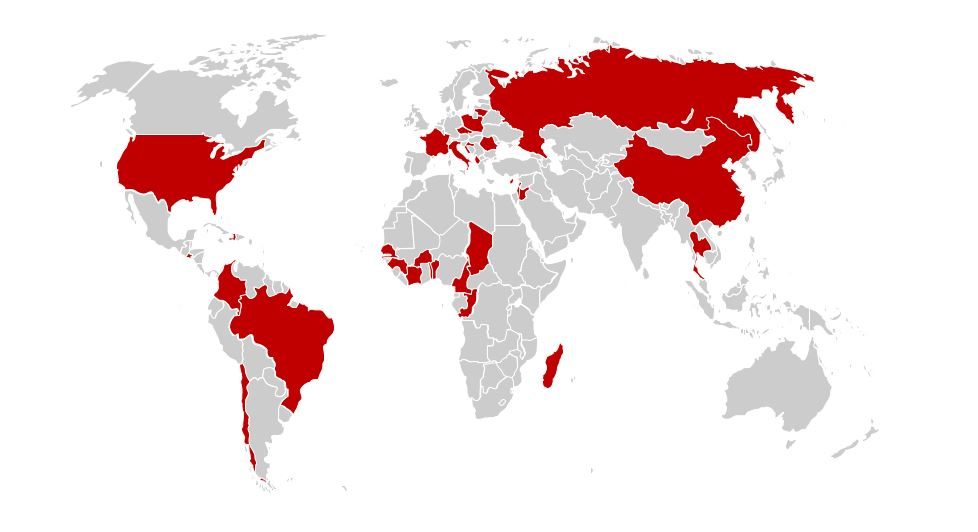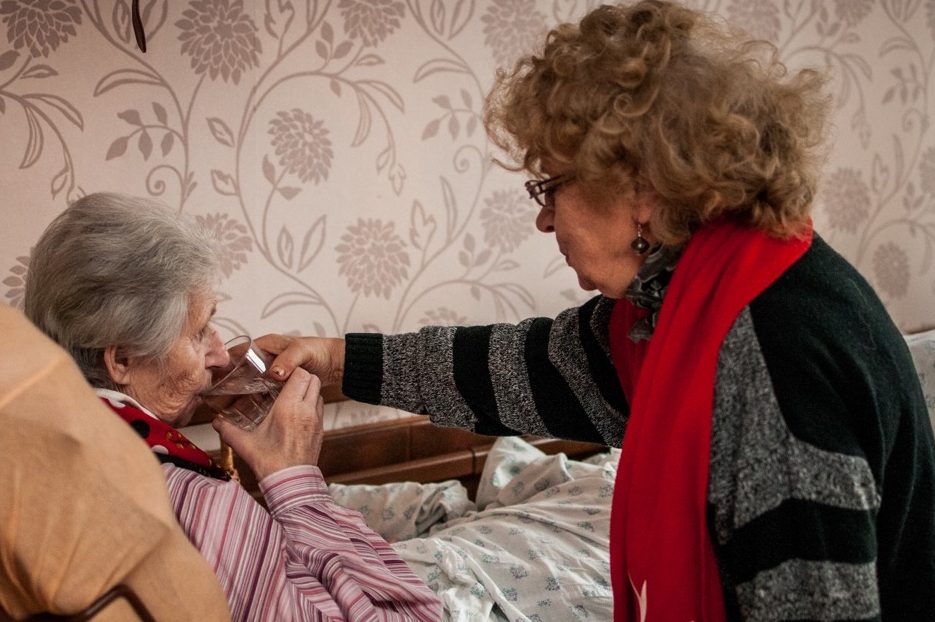
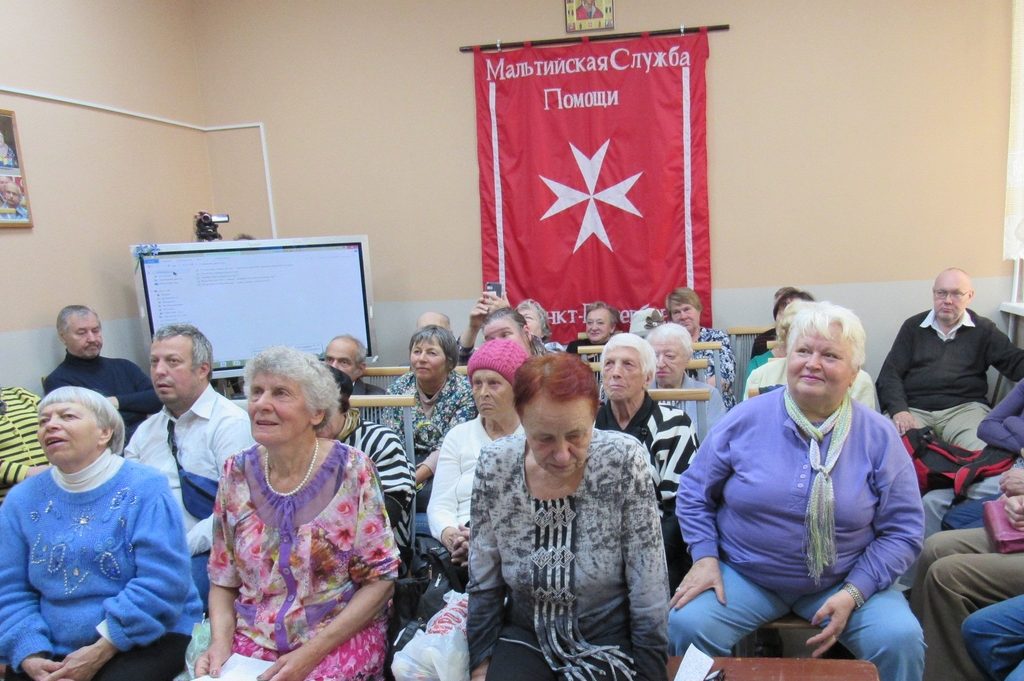
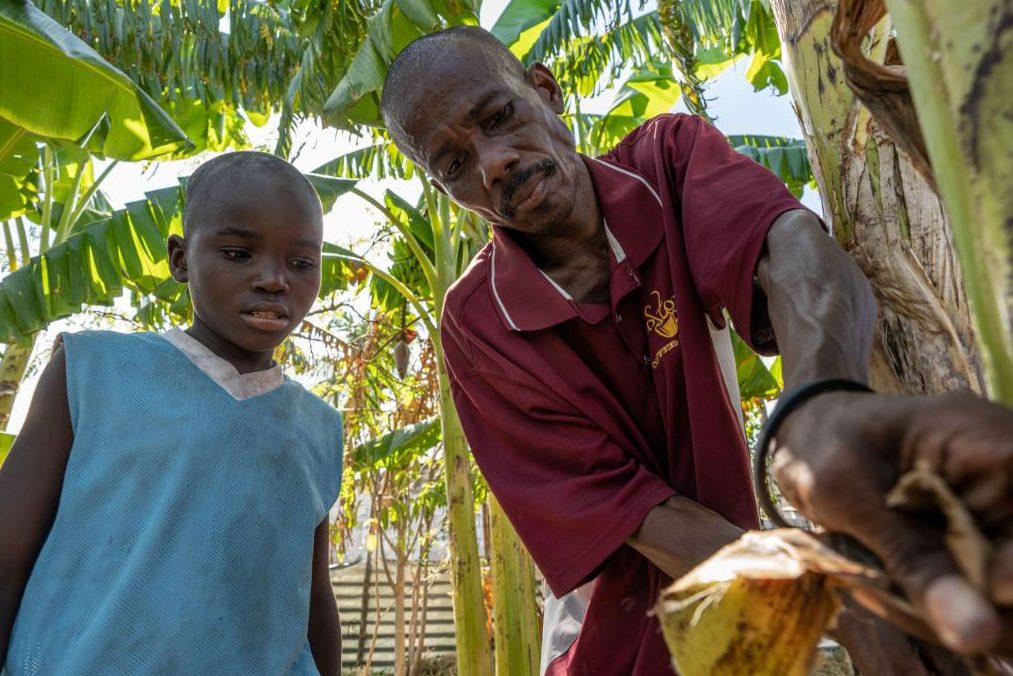
Care Homes for Elderly People, Lithuanian Relief Service
Many elderly people in Lithuania live each day in unbearable isolation, stress exacerbating existing chronic illness and anxieties. With the support of the Fund, last year the Order established a day care centre for seniors in the town of Alytus, giving guests a chance to meet together, enjoy art and music therapy, attend holiday celebrations, eat healthy meals and receive healthcare. In the months since it was established, the improvement in visitors’ mood and physical health has been striking – staff comment how much more active and healthy they seem. This grant will support the creation of two more centres, each bringing health and companionship to 40 more isolated elderly people.
Soup Kitchen for the Elderly, Russian Relief Service
This project has provided hot meals for the elderly and frail in St. Petersburg since 1992. With pensions at below-poverty levels, many elderly people with chronic health conditions cannot afford their essential medication and food, while others are too frail to shop or cook for themselves. With the Fund’s support, this soup kitchen offers a lifeline to 250 people every day, providing not just hot meals, but also social, physical and cultural activities to improve well-being and create a sense of community. The programme also distributes clothes and basic medication and delivers food packages to those unable to reach the centre.
Improving Nutrition for Vulnerable Families, Malteser International Americas
Haiti is one of the poorest countries in the world. Inflation, political turbulence and drought have led to widespread food shortages among the most vulnerable communities, where children and families are hit hardest including exhibiting symptoms of malnutrition. With the help of the Fund, the Order will give 660 families sustainable access to food, using household gardens, allotments and livestock to ensure they can access adequate food as climate change threatens to disrupt livelihoods still further. Families will also attend workshops about agriculture, hygiene and healthy eating, to make sure children have the best chance at a healthy life.
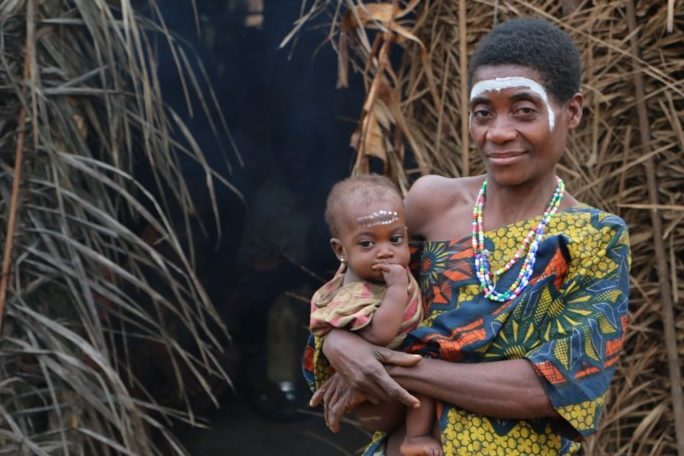
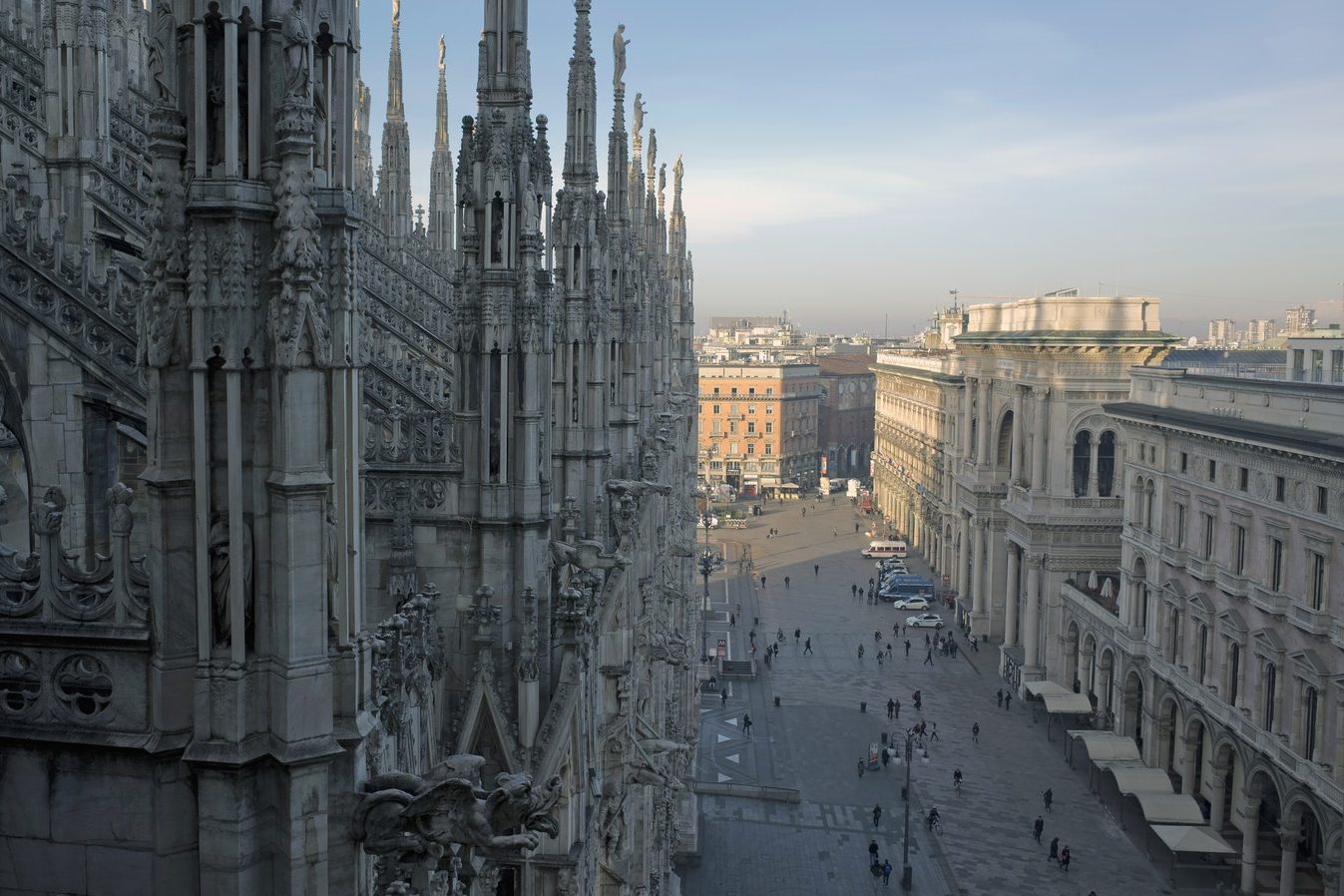
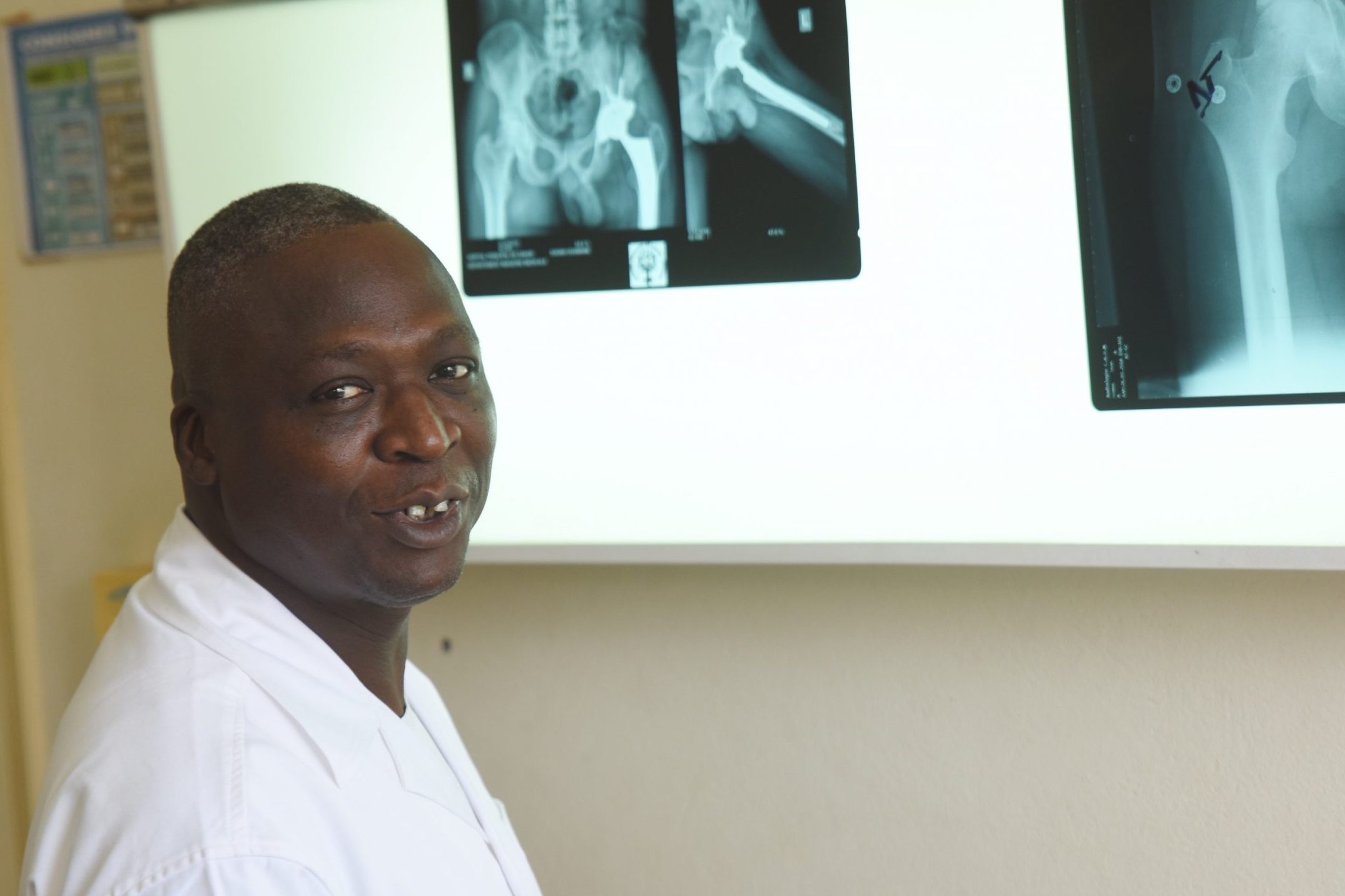
Improving Lives of Indigenous People, Order of Malta France
Likouala in the Republic of Congo is home to the Aka ethnic group. Deforestation has all but destroyed their livelihoods, forcing them to become semi-nomadic. They live in extreme poverty, at particular risk of tuberculosis and leprosy, and frequently exploited by other communities. The Order works with this stigmatised population, improving health and hygiene through mobile medical units and training community leaders in hygiene practices to prevent the spread of infection. This grant will support this work with the Aka, improving their living conditions, raising awareness of their human rights to fight exploitation, setting up local honey production businesses to provide economic support and increasing access to healthcare across 80 villages.
Improving Cognition for Alzheimer’s Sufferers, Italian Association
Almost half of the one million people in Italy living with dementia are cared for at home by family members. Alzheimer’s, a type of dementia, places a huge strain on sufferers and carers alike as those affected begin to lose their cognitive function and ability to look after themselves. Although there is no cure, it is possible to slow decline in the early disease stages through cognitive stimulation in a relaxed environment. The Order in Italy runs activity sessions with Alzheimer’s sufferers and their families across the country, boosting mood and cognitive function as therapists lead games and exercises. This grant will fund sessions in Milan, improving life for twenty more Alzheimer’s sufferers and their families.
Medical Imaging Clinic for Deprived Communities, Order of Malta France
Leprosy often leaves sufferers severely disfigured, covered in sores and rejected by their communities. The Order’s hospital in Dakar, Senegal, is a specialist centre for leprosy sufferers from some of the country’s poorest regions, improving health, providing rehabilitation and encouraging societal integration. Last year the hospital helped 4,300 people with diagnosis and treatment for leprosy and other orthopaedic disorders. Grants from the Fund over recent years have supported the expansion of the centre, including the addition of a new imaging unit, rehabilitation centre and training space. With construction almost complete, this grant will fund a new x-ray table which will enable an extra 500 people to receive lifesaving diagnoses in 2020.
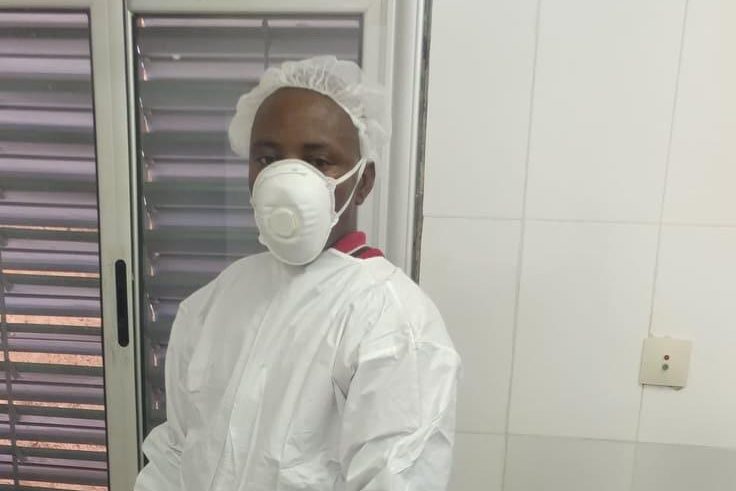
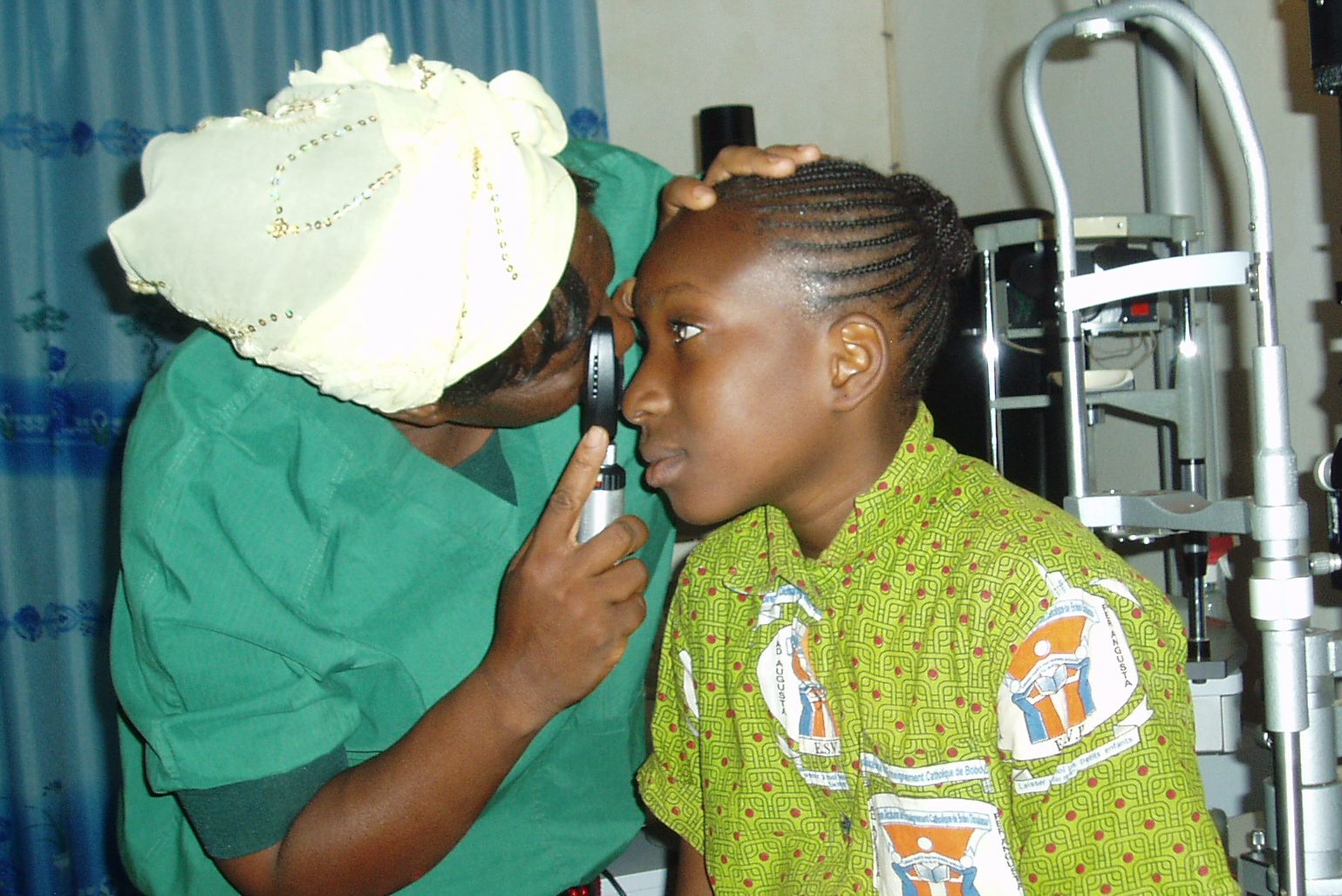
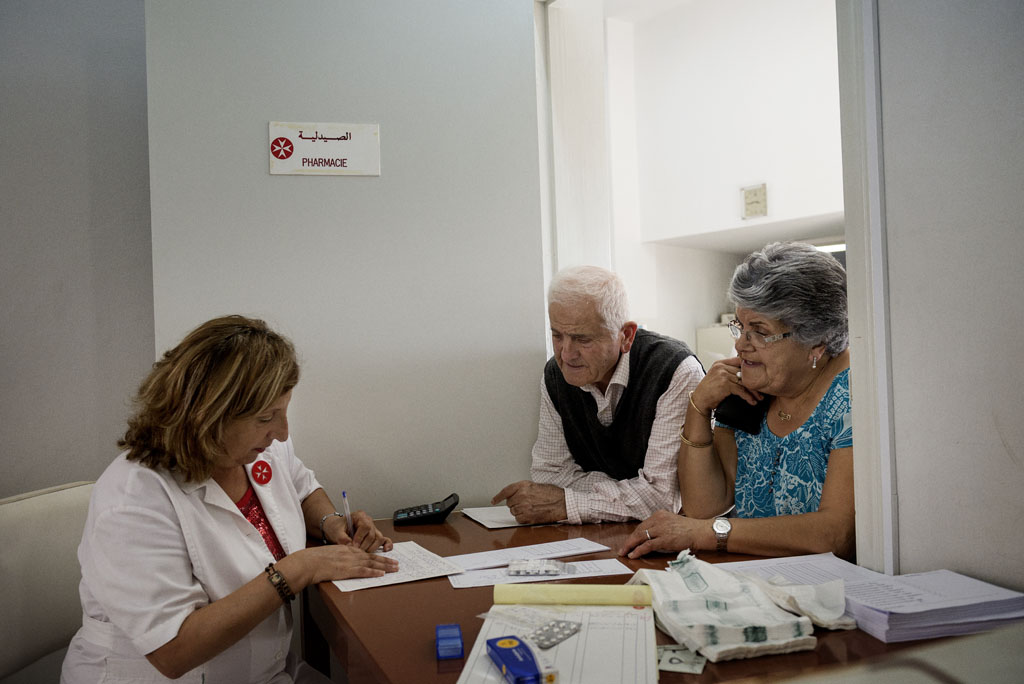
Protecting Staff and Patients (COVID-19), Order of Malta France
COVID-19 has brought hospitals and healthcare systems around the globe to their knees, threatening vulnerable patient populations and incapacitating frontline staff. The Order’s hospitals in West and Central Africa are often the only quality healthcare available for miles around, and safeguarding the health of staff and patients through distancing measures and protective equipment is paramount. A grant from the Fund enabled ten Order hospitals and health centres, which together provide over 250,000 medical consultations a year to vulnerable communities, to make preparations to keep patients and staff safe from the virus.
Eye Clinic for Deprived Communities, Order of Malta France
Vision problems are frightening, and fortunately with adequate resources 80% of visual impairments can be treated. In Chad, a lack of trained staff, equipment and the resources to pay for medical care mean many have no hope of recovery. The Order of Malta delivered 3,000 consultations from their eye clinic in N’Djamena in 2019, but the need remains overwhelming. This grant will fund a second ophthalmology clinic, including the purchase of specialist examination equipment. This will enable a further 3,000 patients per year to access affordable consultation and treatment.
Socio-Medical Centres for the Elderly, Lebanese Association
As young people from Lebanon’s rural areas move into cities to find work, many elderly people are left to live alone with no-one to help them. For those unable to pay for healthcare, the Order of Malta’s care centres in Kefraya and Roum are a lifesaving resource, providing over 1,100 people across 62 villages with free medical care, as well as regular hot meals to ensure they receive good nutrition. The centres also play an important social role, combatting loneliness organising recreational activities for guests to enjoy together. As well as meeting these core needs, both centres run outreach services to fight social isolation and deliver food and medical care to the housebound.
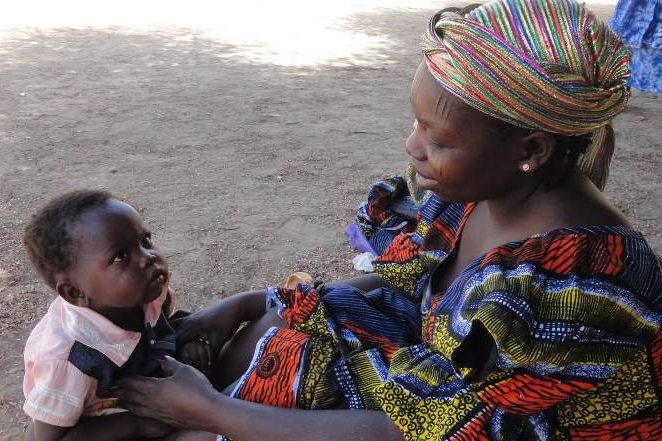
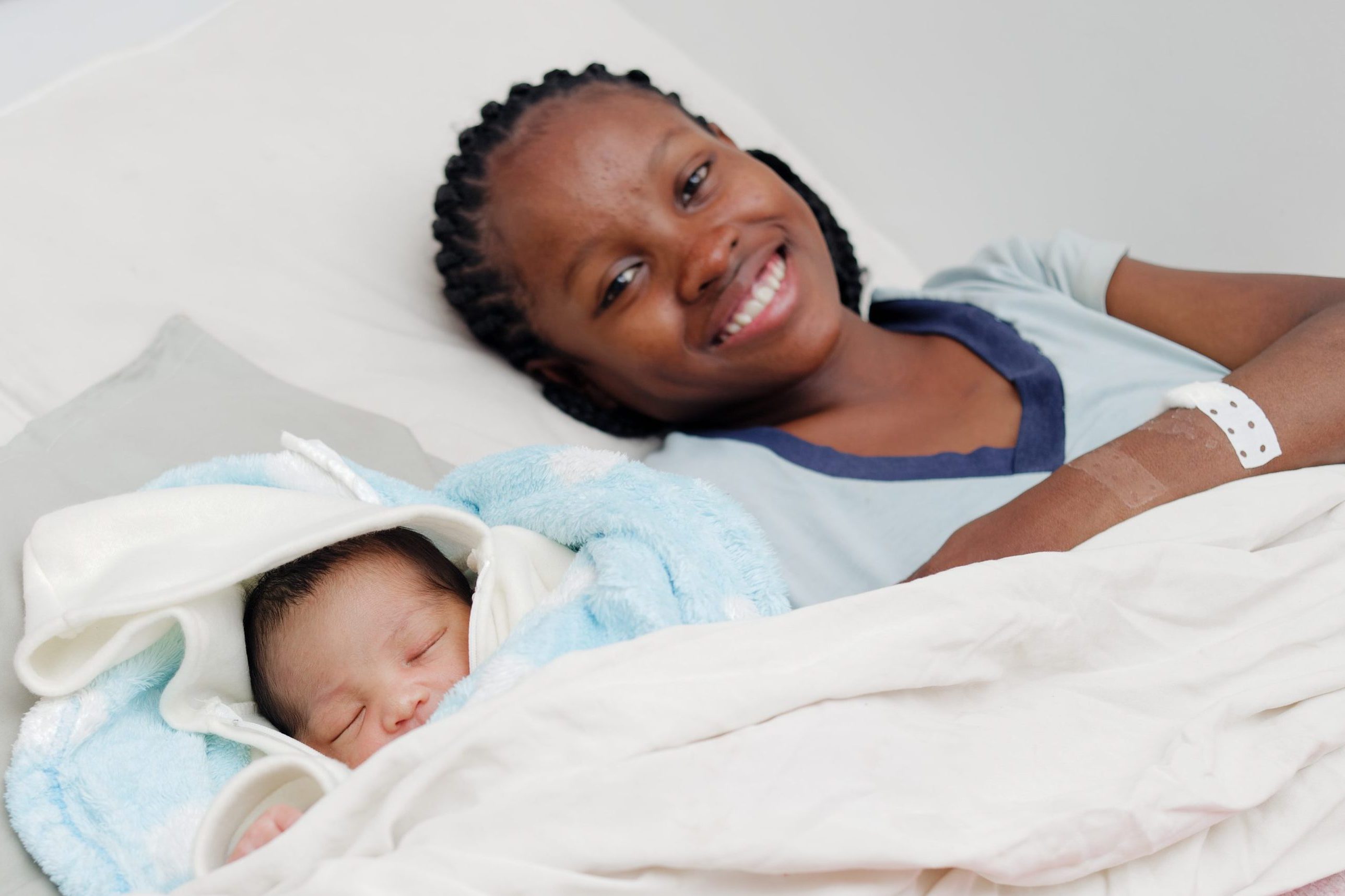
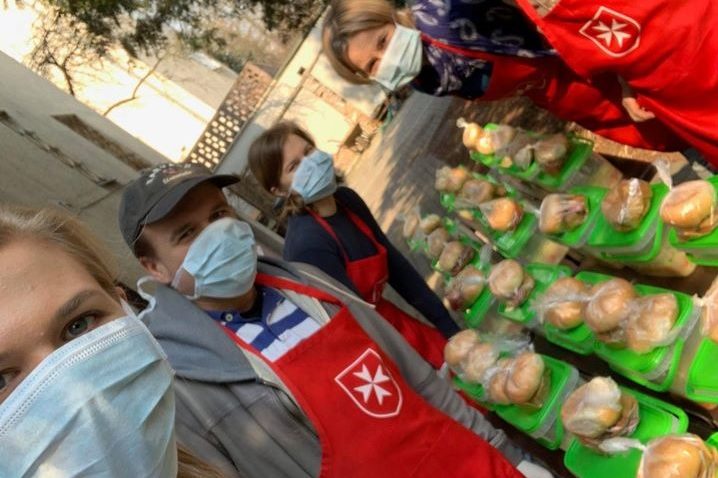
Healthcare for Vulnerable Children and Mothers, Order of Malta France
A lack of high quality medical care in Chad means one out of every hundred mothers do not survive childbirth and the infant mortality rate is 74 per 1,000 live births, over 10 times the rate of the US. The Order runs two health centres in N’Djamena, caring for over 28,000 mothers and babies from the capital’s most disadvantaged suburbs every year. This grant will support the centres’ staff and medical supply costs for their mother and baby care, enabling them to maintain vital pre and post-natal services, including vaccinations and malnutrition monitoring in young children.
Supporting Healthy Pregnancies, Order of Malta France
In locations where maternal mortality is high, raising awareness of the dangers of becoming pregnant at a young age and the importance of pre-natal medical checks can improve outcomes. The Order of Malta will help 1,000 women and their partners in 2020 through a new work in Madagascar raising awareness of female reproductive and emotional health, as well as sexual health education and screenings. The project will also help staff detect high-risk pregnancies and monitor the most vulnerable. If successful, the work will be replicated to help women in other countries.
Food for Vulnerable Communities (COVID-19), Polish Association
In the face of the COVID-19 pandemic, many of society’s most vulnerable are hardest hit as established societal support mechanisms are disrupted. The Order in Poland has expanded their provision of free meals to the poor in Warsaw and Katowice, providing food for 100 of those in desperate need each week. They are also offering emergency transport to people suffering with heart conditions in response to a public shortage of emergency vehicles. The Fund awarded a special grant to help the Order in Poland maintain their care for the most vulnerable during the COVID-19 pandemic.
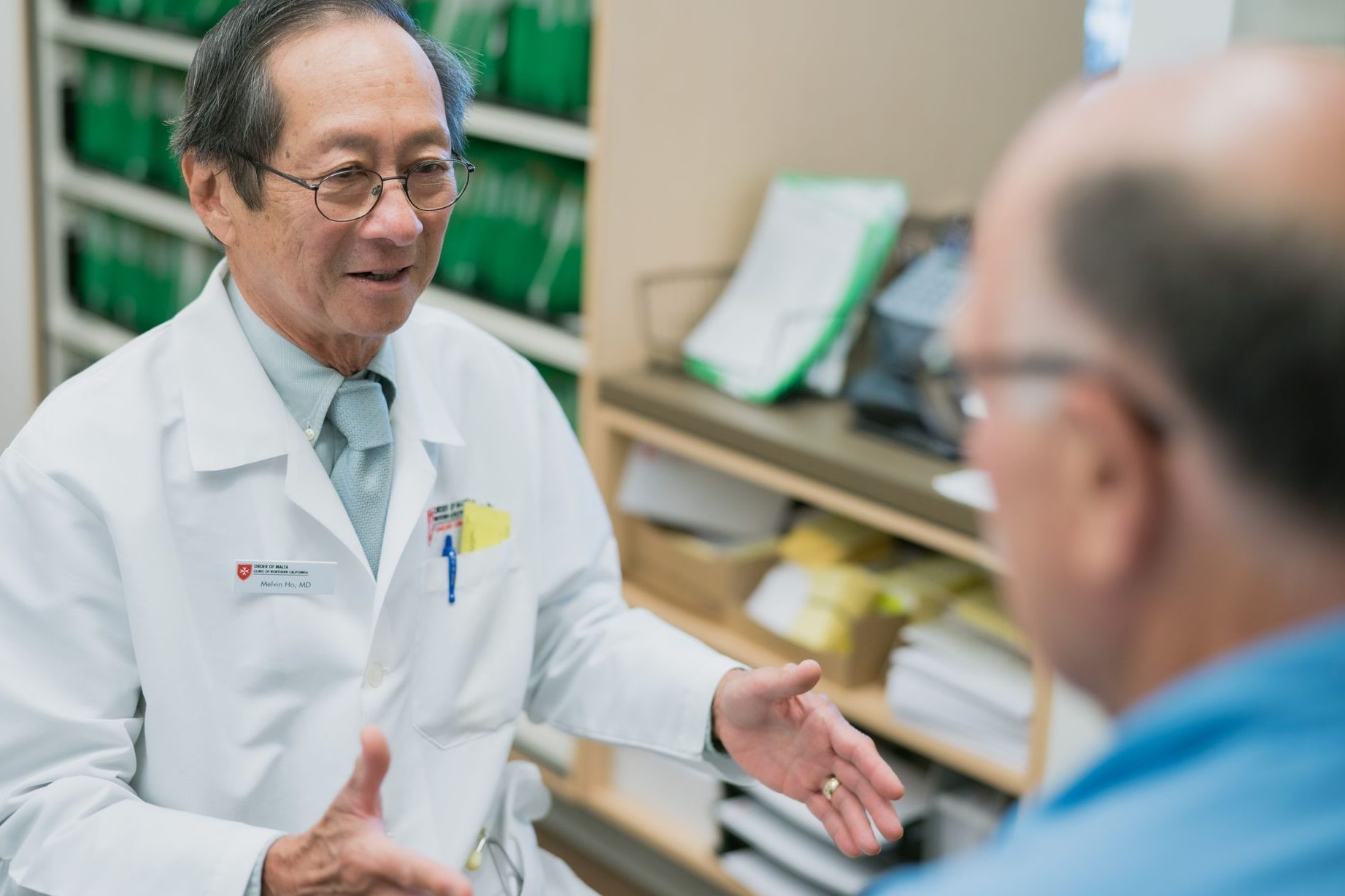
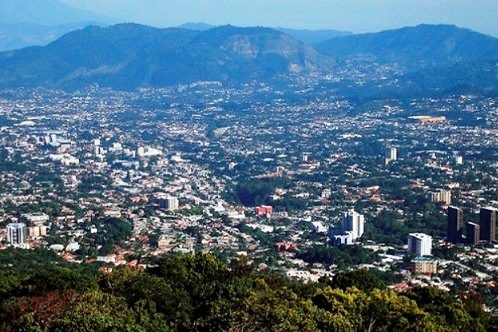
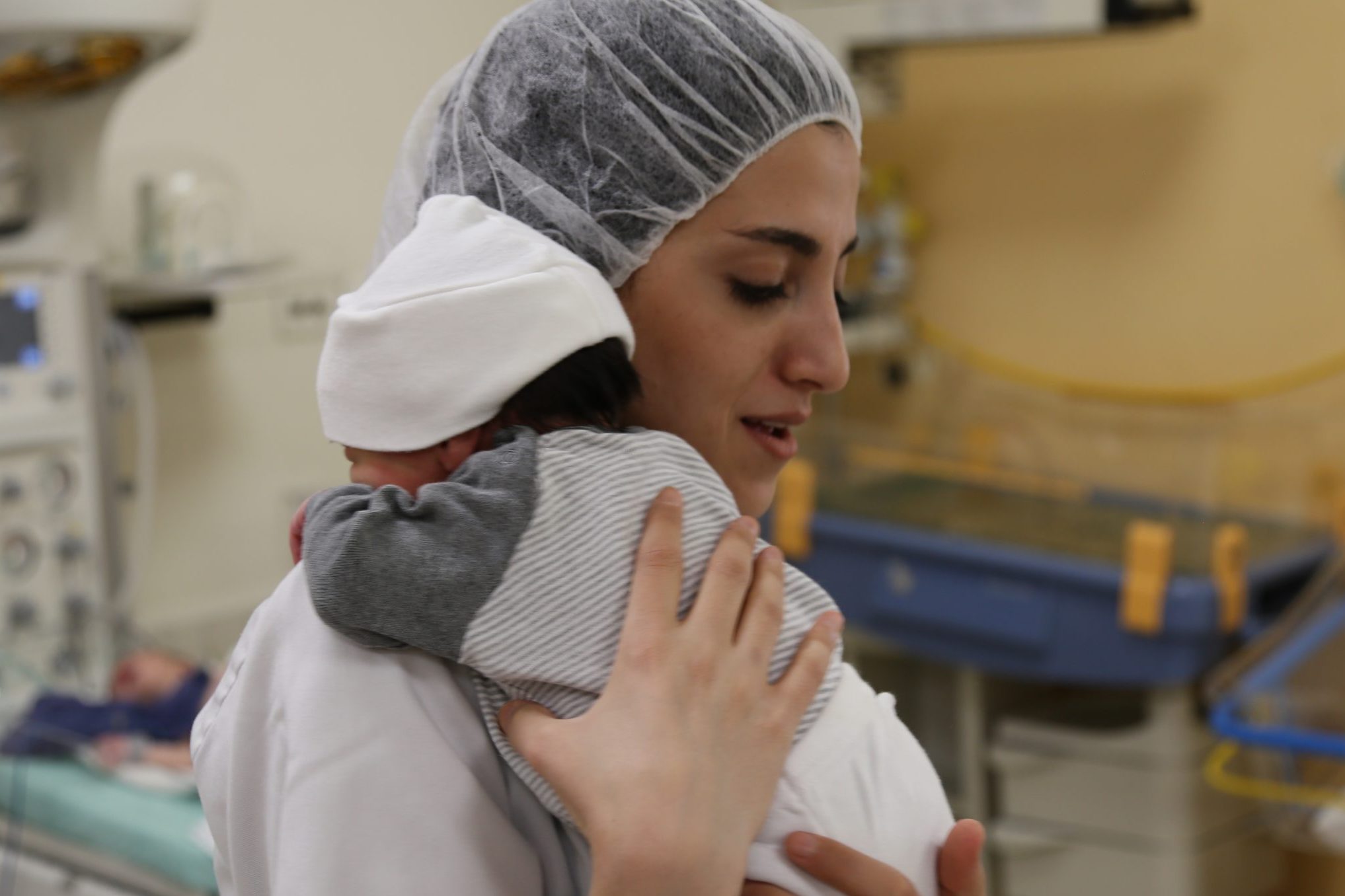
Medical Care for the Uninsured, US – Federal Association
For many uninsured adults in Connecticut, the emergency room is the only place to find medical care. The Federal Association supports many people in this precarious situation through the Malta House of Care van: the only free clinic in the state which visits adults without medical insurance in their own neighbourhoods. Their patients, many of whom are refugees, receive diagnoses, tests, prescriptions, advice on how to manage chronic conditions and hospital referrals where necessary. With the support of the Fund, the centre provided a record 6,317 primary care visits in 2019; this new grant will fund medication for an expected 7,500 consultations in 2020.
Healthcare Clinics for Disadvantaged Communities (COVID-19), El Salvador Association
The Order in El Salvador run eight clinics providing vital healthcare to the most vulnerable, offering consultations, testing and nursing services at very low cost, or for no cost at all to the very poorest. The COVID-19 pandemic has given these clinics an even greater importance, as the national health service is limited to emergency cases only, leaving the clinics the only place able to provide basic but necessary treatment for other conditions. A grant from the Fund is supporting the clinics’ operating costs, allowing them to continue caring for nearly 5,000 of El Salvador’s most vulnerable each month.
Caring for Mothers and Babies (COVID-19), Holy Family Hospital
The Order of Malta’s Holy Family Hospital provides high quality vital neonatal healthcare to poor and refugee families in the Bethlehem region. It is the only facility in the West Bank equipped to deliver babies before 32 weeks, and one in ten babies born there requires neonatal intensive care. The COVID-19 pandemic has placed the hospital under huge financial strain, as personal protection equipment costs rise and widespread job loss in the area limits patients’ ability to pay anything for their care. This grant will support the hospital’s running costs, allowing it to maintain its unique services for mothers and new-borns in Bethlehem.
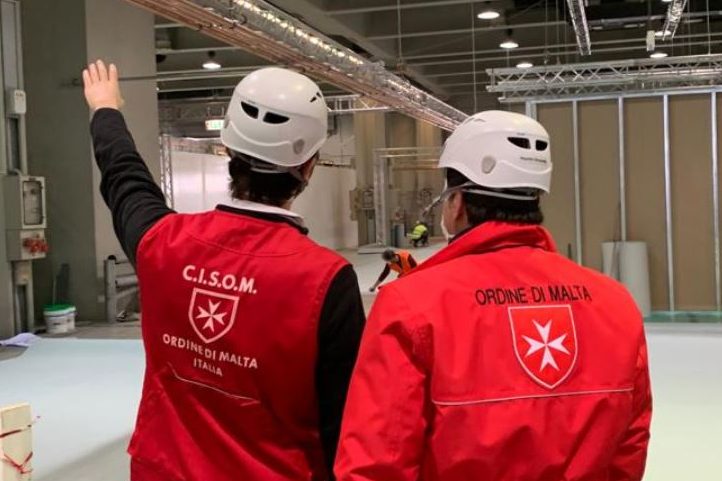
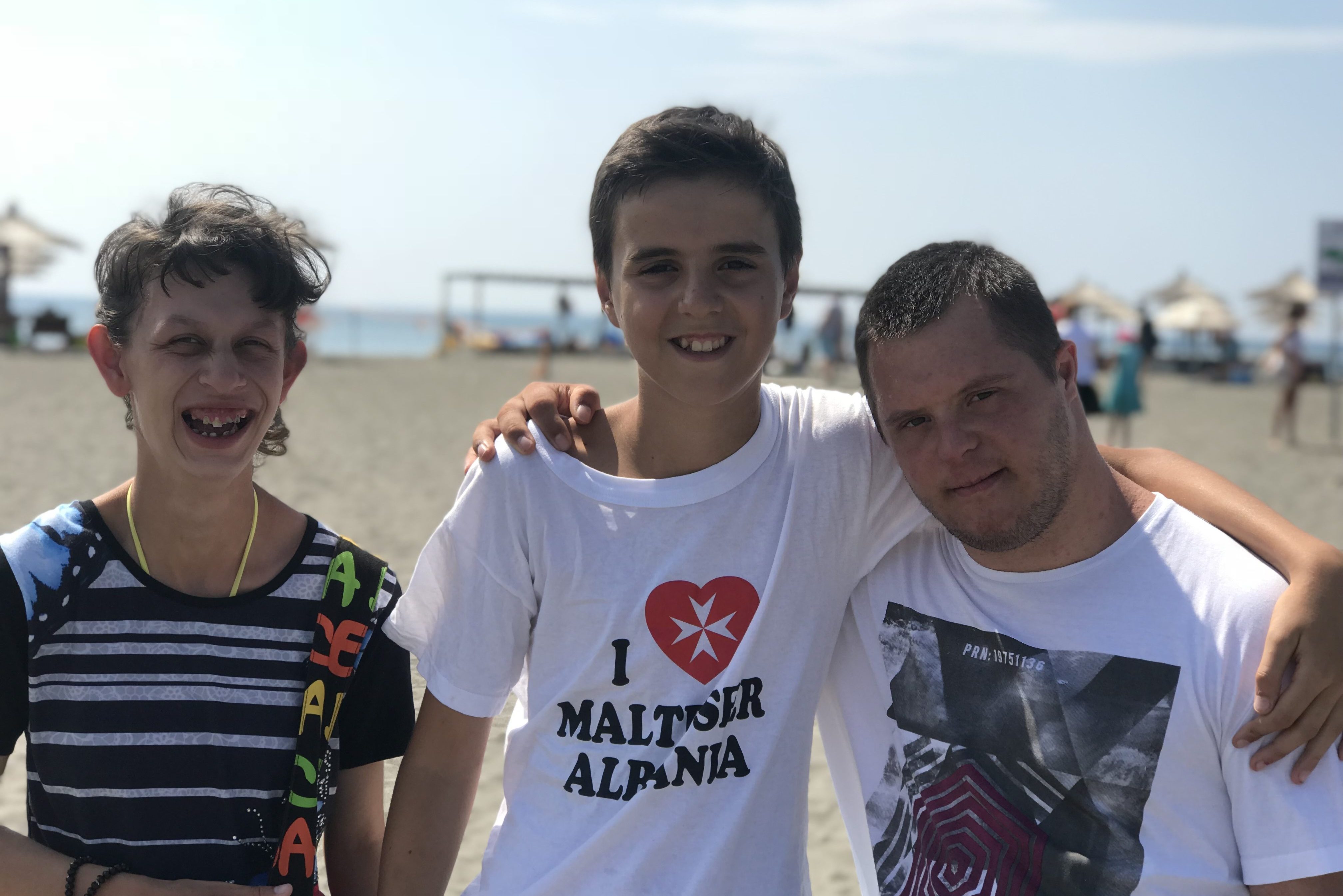
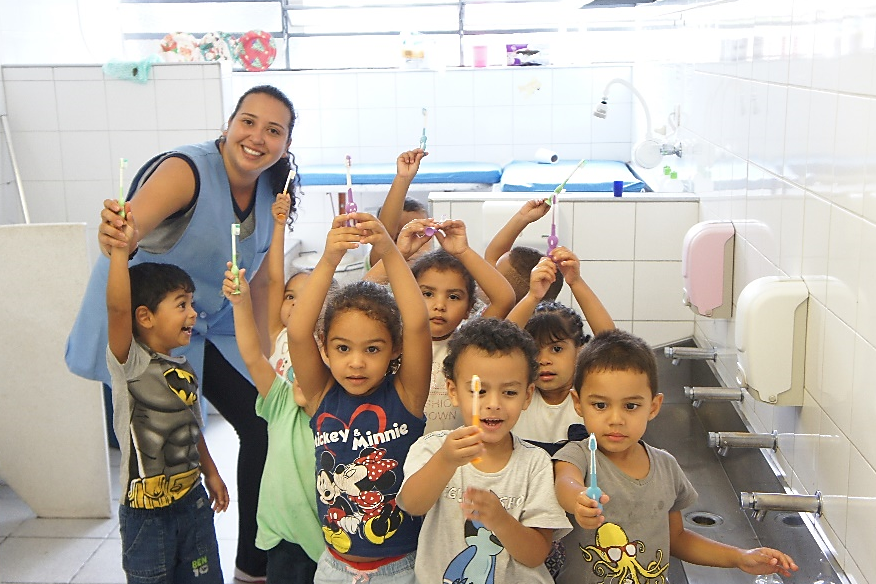
Equipping Italy to Combat COVID-19, Italian Relief Service
The Italian Relief Service has been fighting on the frontline against COVID-19 from the outset of the pandemic, providing medical care, testing airport arrivals and delivering care packages to those in need. To help treat critically-ill patients, they constructed two new field hospitals in Milan and Civitanova Marche, as well a new isolation department for COVID-19 patients in the Order’s hospital in Rome, San Giovanni Battista. A special grant from the Fund was awarded to support this vital work.
Socio-Medical Centre for Disabled Children, Albanian Relief Service
In Albania, families with disabled children struggle to find support for their children’s complex needs. The Albanian Relief Service’s socio-medical centre provides 32 disabled children from marginalised communities with specialist therapy, adapted education, recreational excursions and life skills classes. These help the children lead healthy and integrated lives, whilst also supporting parents through workshops and free social and legal advice. The Fund’s support allows the programme to hire the specialists needed to provide these vital services.
Kindergarten for Vulnerable Children, Brazilian Association of Sao Paulo & Southern Brazil
The Cruz de Malta Assistance Centre serves the Jabaquara district of Sao Paolo where 20% of the population lives in slums, lacking basic sanitation and vulnerable to crime, drug abuse and human trafficking. Before entering state education at six years old, children are often left at home or on the streets whilst parents work. The project, started in 2017 with a grant from the Fund, cares for 60 local children, five days a week, allowing parents to work and provide for their families whilst children are fed, taught and cared for in a safe, nurturing environment.
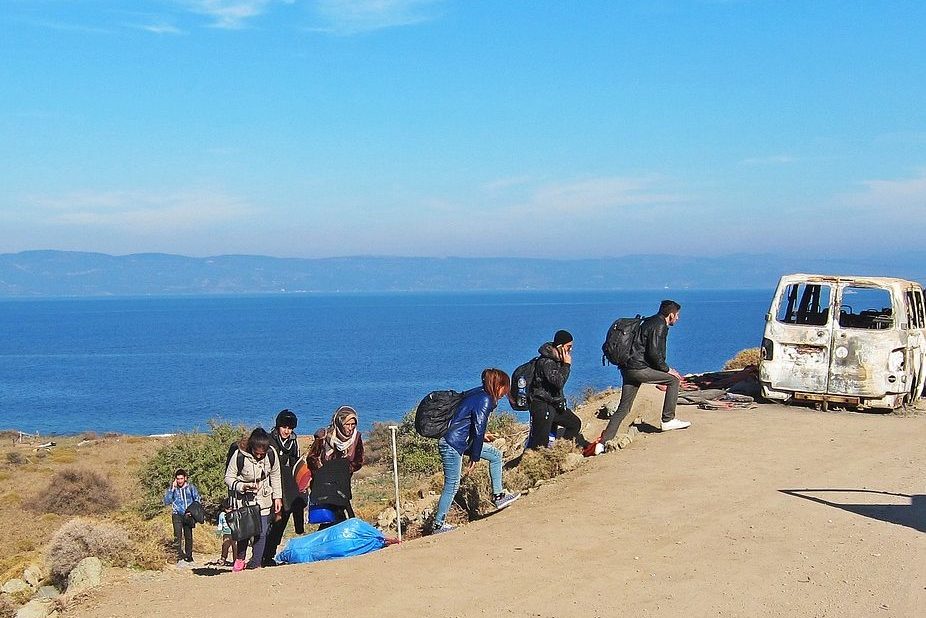
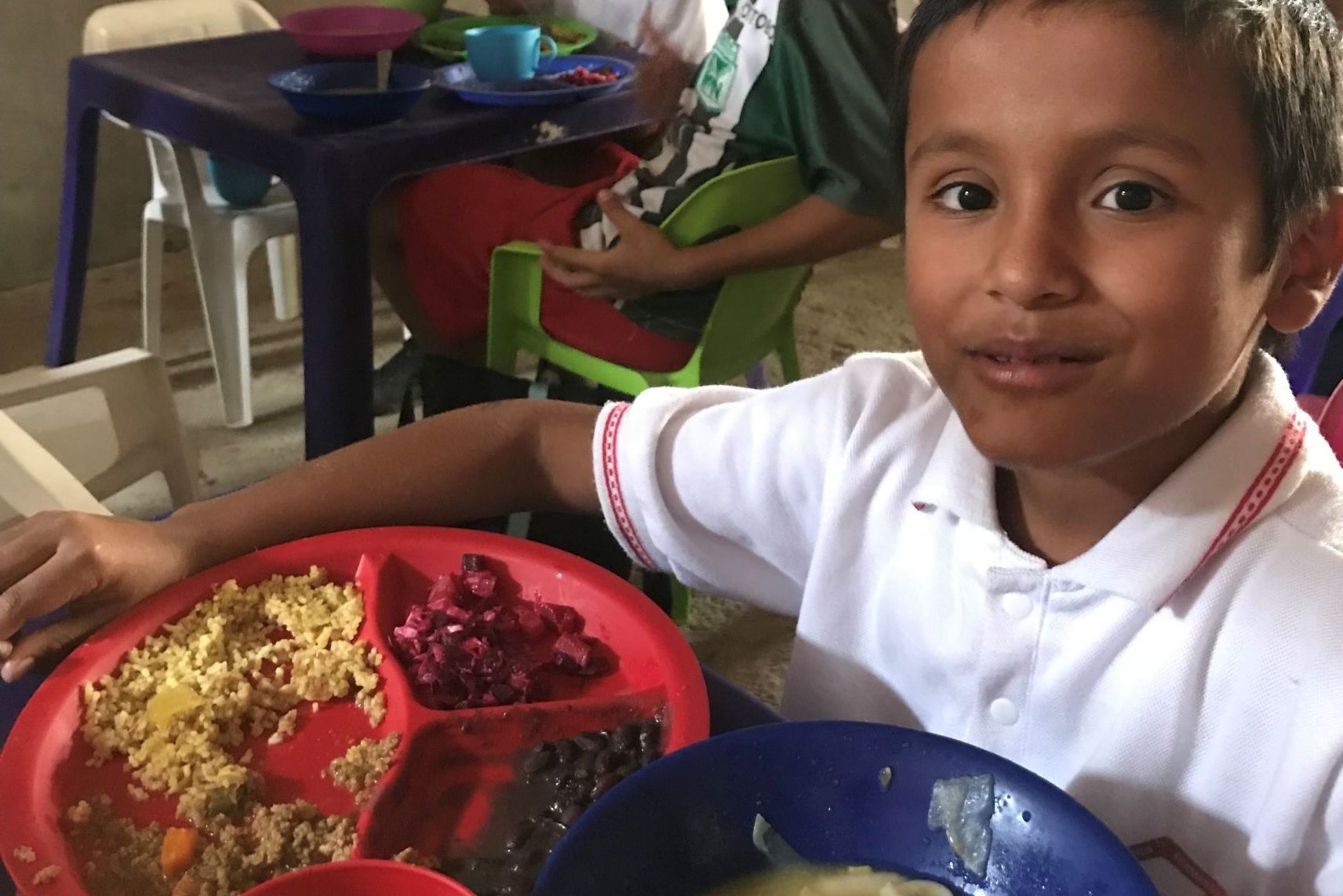
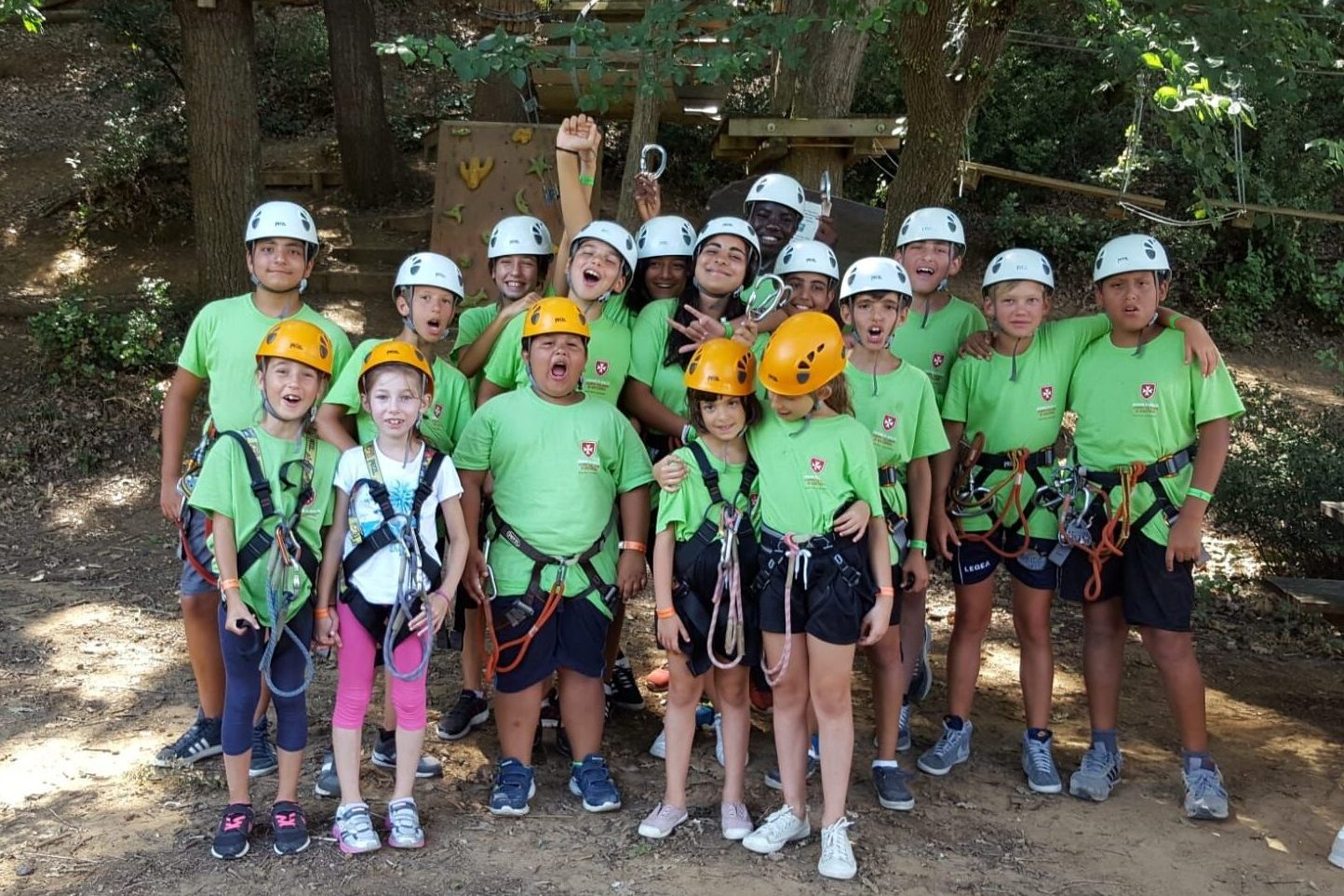
Medical Support for Refugees, Embassy of the Order of Malta to Cyprus
Cyprus now hosts more refugees per capita than any other EU country, leaving camps overrun and resources scarce. Those living in the island’s largest refugee camp at Koffino face cramped conditions, scant access to medical care, and have scarcely enough food to survive. They must wait 18 months in these hopeless conditions for their asylum applications to be processed. Last year, with the Fund’s support, the Order began distributing basic medical supplies to those in the camp, including painkillers for cancer patients, medicine for eye and skin conditions and pregnancy complications and allergy tablets. This grant will allow 300 people to be reached with medical supplies in 2020.
‘El Mercado de Francisco’ Food Distribution Programme (COVID-19), Colombian Association
The Order in Colombia provides nutritious food for Venezuelan migrants and poor families through their ‘Mercado de Francisco’ programme. Quarantine measures put in place to counter COVID-19 mean that many who relied on selling goods in the streets have lost their livelihoods, and more families need help than ever. Unable to access government aid, many struggle to feed babies and young children who are at risk of malnutrition and stunted growth. The Fund awarded a special grant to the Colombian Association to support the expansion of this programme, reaching 200,000 people with vital food supplies including rice, pulses and flour.
Summer Camp for Disadvantaged Children, Italian Relief Service
The Italian Relief Corps’ Summer Camp for Disadvantaged Children gives those from difficult backgrounds, including unaccompanied minor refugees, with a break from their daily lives. The camp provides healthy meals, outdoor activities and some much-needed fun for these vulnerable children. Volunteers organise hiking and climbing excursions, trips to the beach, swimming and boating as well as Italian language courses and health checks, making a real difference to the children’s happiness and wellbeing. The Fund’s support will go towards the ninth annual camp, welcoming 40 children with a respite from the challenge of their normal lives.
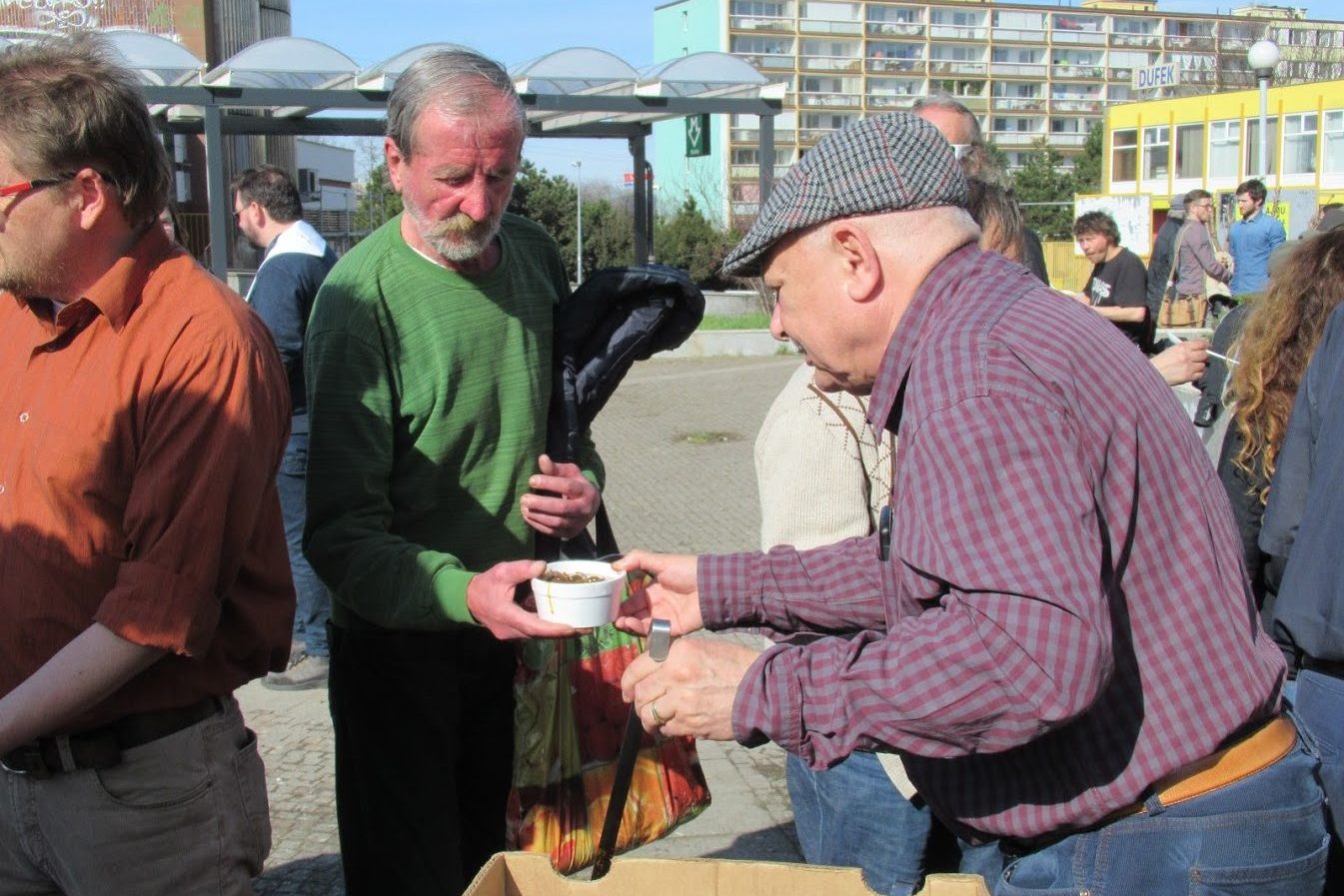
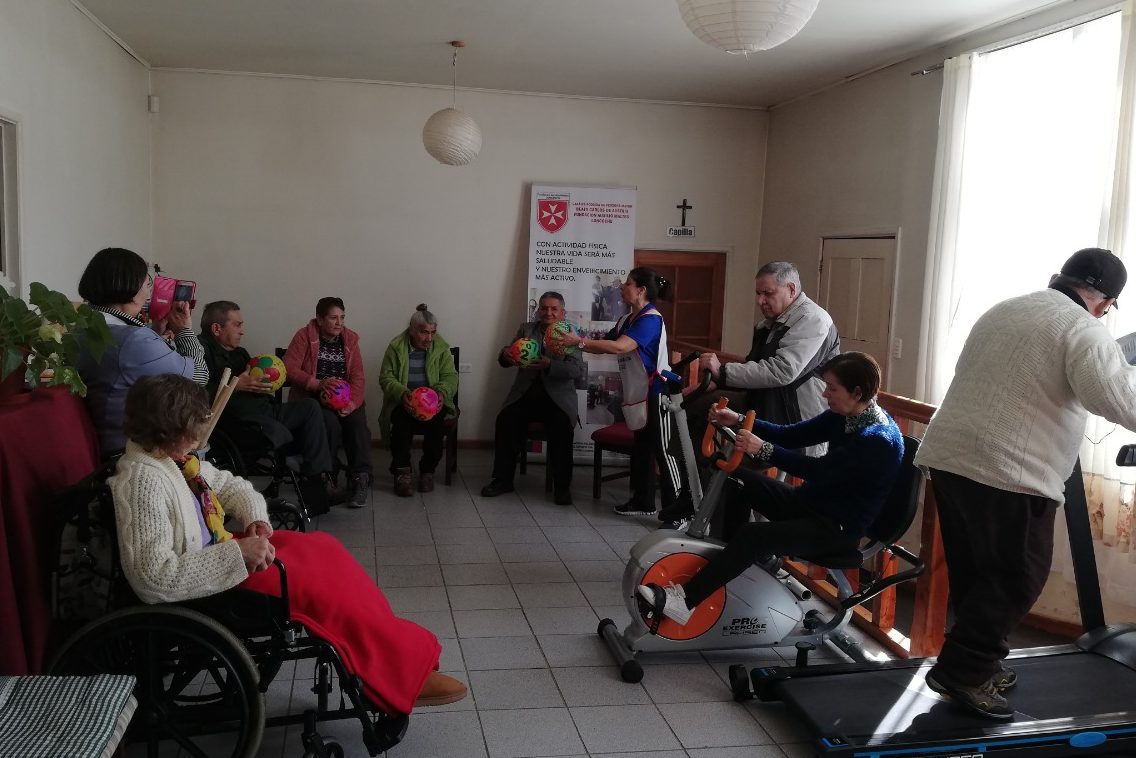
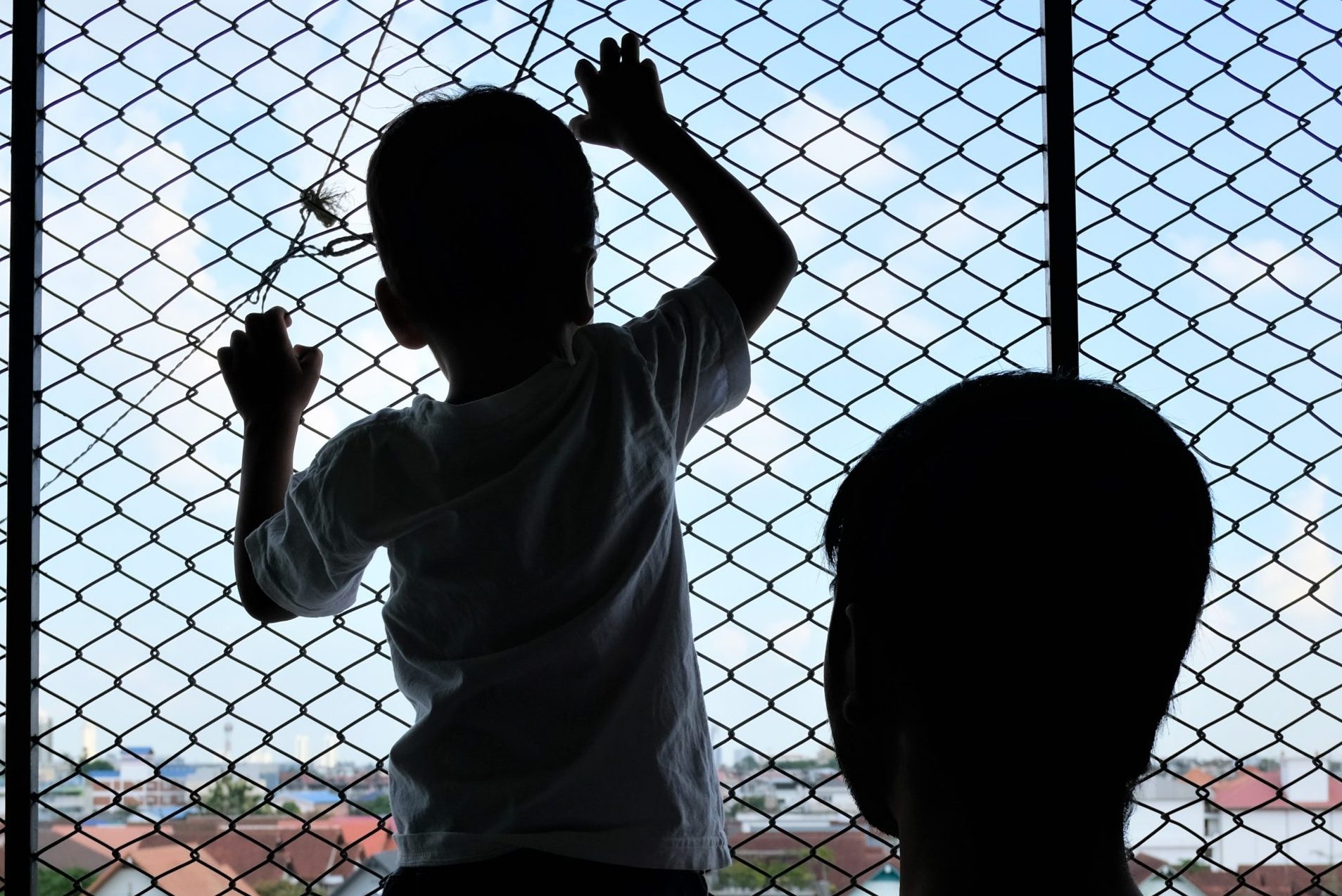
Help for Homeless People, Czech Relief Service
People at risk of homelessness are also often vulnerable to drug abuse and isolation from society. Equally, those with addiction or isolation may lose their homes. In the Czech Republic, the Order helps both of these groups, providing legal and social benefits advice, training in managing finances and helping them to find accommodation. Support from the Fund will enable the project to provide assistance to over 90 beneficiaries, including finding short term accommodation for 80 homeless people during the COVID-19 pandemic.
Assistance to the Isolated Elderly, Chilean Relief Service
Operating in Lonoche, one of the poorest towns in Chile, this centre provides a safe haven for the most vulnerable elderly in the community. The centre currently supports 30 elderly people with their basic needs, medical care and a much-needed sense of community. Families also have the relief of knowing their loved ones are provided and cared for, as many struggle to support themselves, let alone help others. A grant from the Fund has allowed the centre to make urgent repairs so their service was not interrupted when a period of wintery weather made it more vital than ever.
Medical and Education Support for Refugee Families, Embassy of the Order of Malta to Thailand
Bangkok is home to a desperate population of Christian refugees. Whole families, forced to flee religious persecution in Pakistan, are trapped in Thailand, where their status as illegal immigrants leaves them unable to work or access education or medical care. With support from the Fund, the Order of Malta is providing families with medical care and education to school-age children, whilst they await refugee status and the chance to be resettled. The programme anticipates helping over 150 refugees this year.
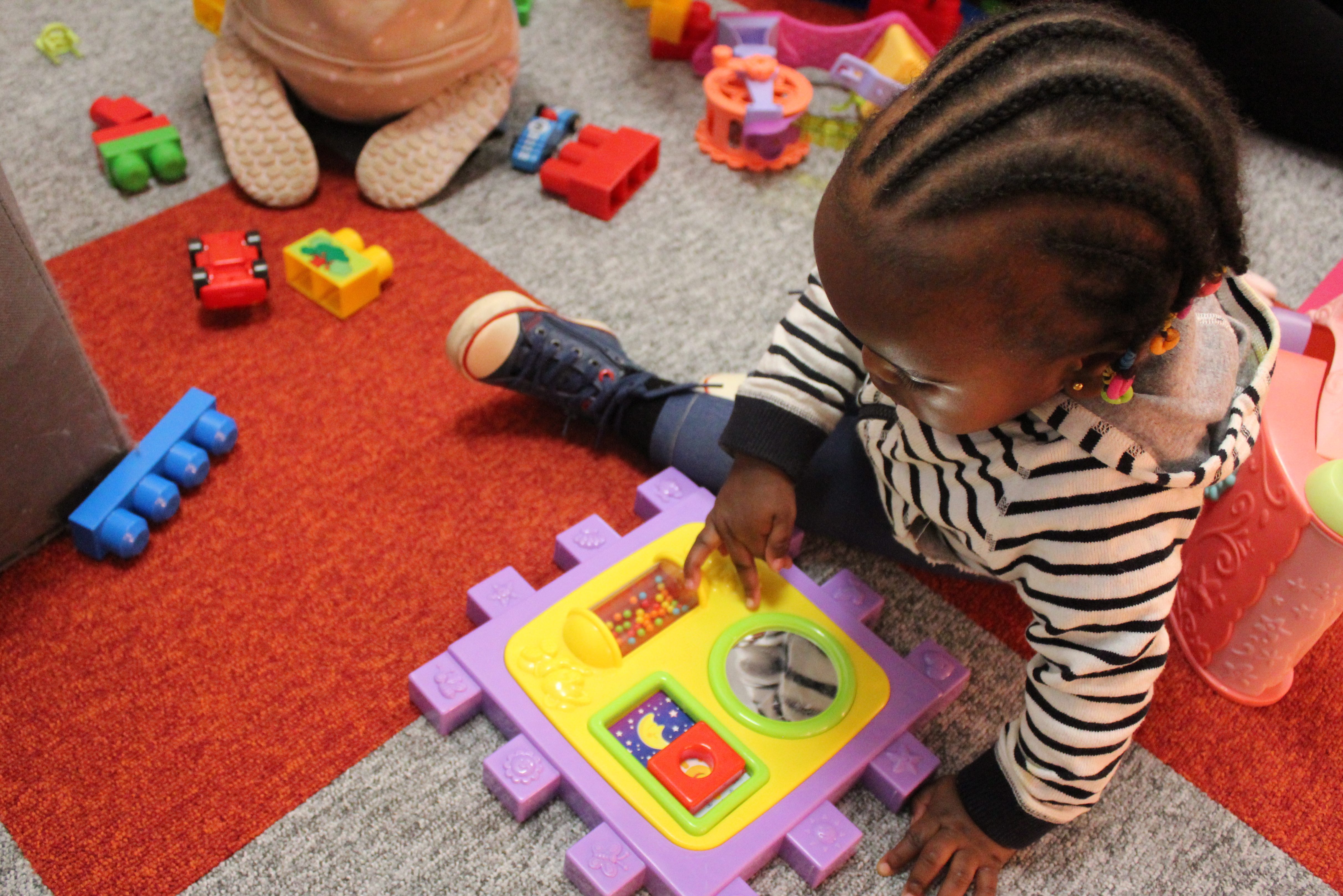
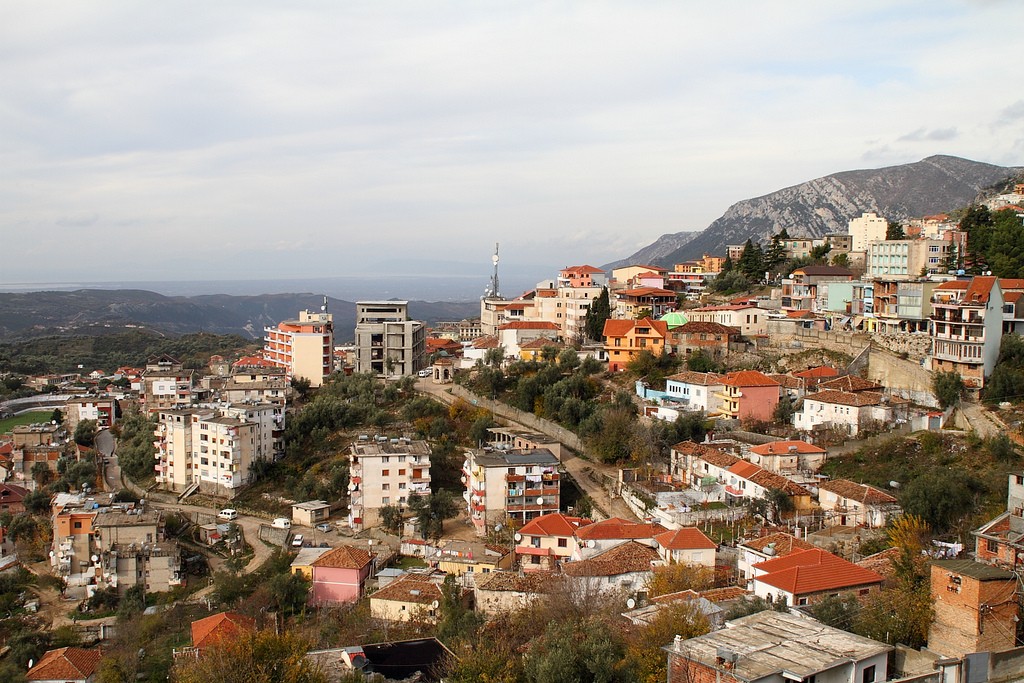
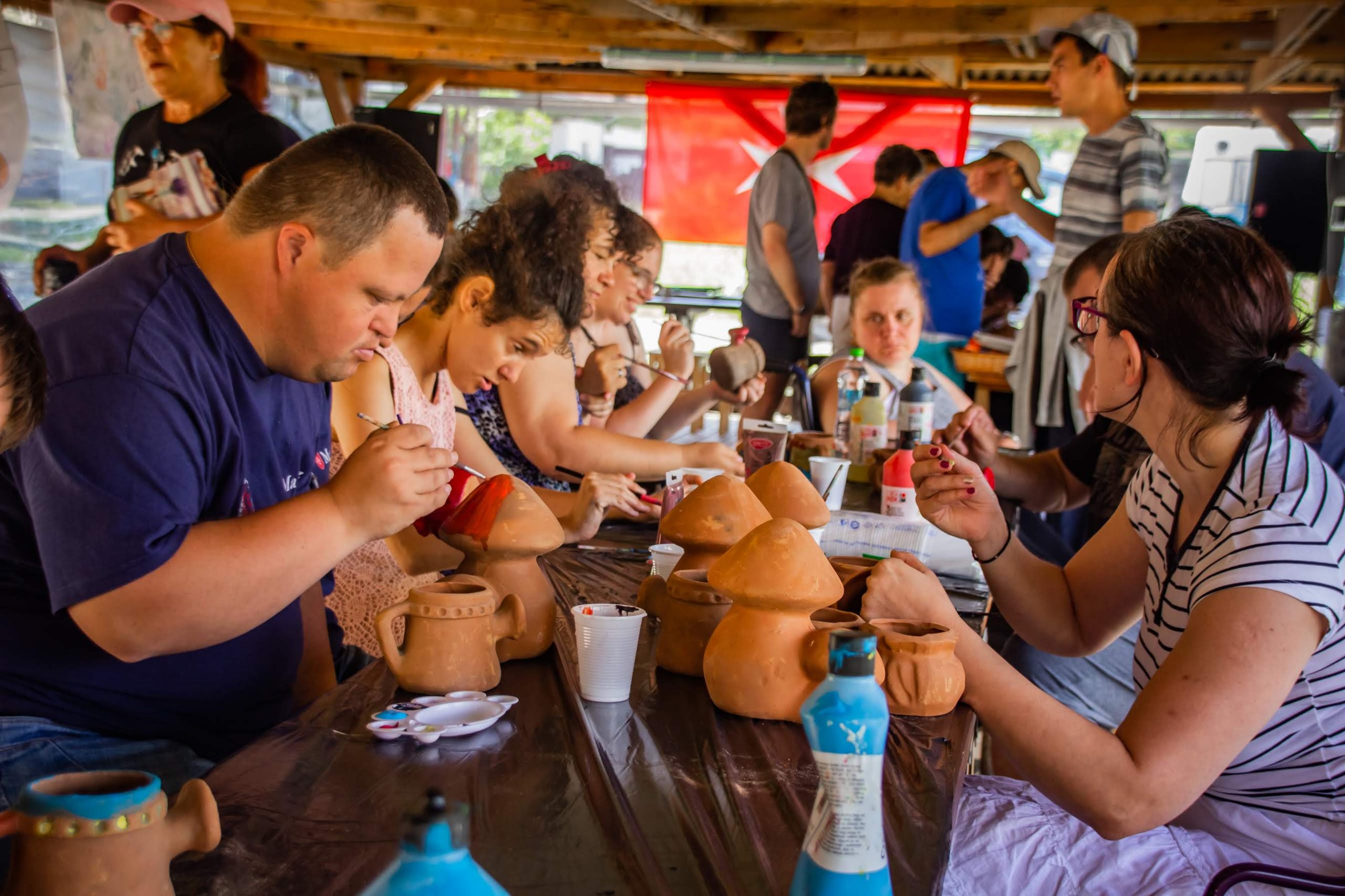
Psychological Support for Refugee Children, Order of Malta France
Refugees arriving in Île-de-France are often placed in unclean, overcrowded accommodation for long periods of time. Many families have suffered traumatic experiences and struggle with their living conditions. This grant will provide material and psychological support. The delivery of school supplies to 20 children will enable full participation and avoid stigmatisation from their peers. Workshops will help 20 mothers process their emotions and experiences and support them in their parenting. This year the grant will also fund a holiday for 50 of the most vulnerable children. Many have never left their immediate surroundings, and this will provide a break from the poverty of their daily lives and widen their experience.
Mother and Child Outreach to Deprived Rural Areas, Albanian Relief Service
In the rural mountains of North Albania, infant mortality is twice as high as urban areas and many children’s growth is stunted due to poor health practices. The Albanian Relief Service has provided medical support in the region since 1995 and this grant will enable their work to expand to address these issues and improve the health and nutritional status of 2,000 mothers and children. The programme will provide comprehensive ante- and post-natal care, health and nutrition education, counselling services, early childhood development monitoring and referrals to maternity hospitals and vital supplies to the most vulnerable new parents.
Summer Camp for Disabled Youth, Romanian Relief Service
This grant will support the 18th National Summer Camp for Disabled Youth, organised by young Romanian volunteers, currently still scheduled to take place this summer. The camp gives 50 young disabled people the opportunity to enjoy a week of outdoor activities, workshops, sporting competitions and cultural outings. The camp provides participants with a chance to connect with others facing similar challenges and the opportunity to participate in activities they would not normally have access to, stretching horizons and teaching new skills. It is often described as the best week of their year.
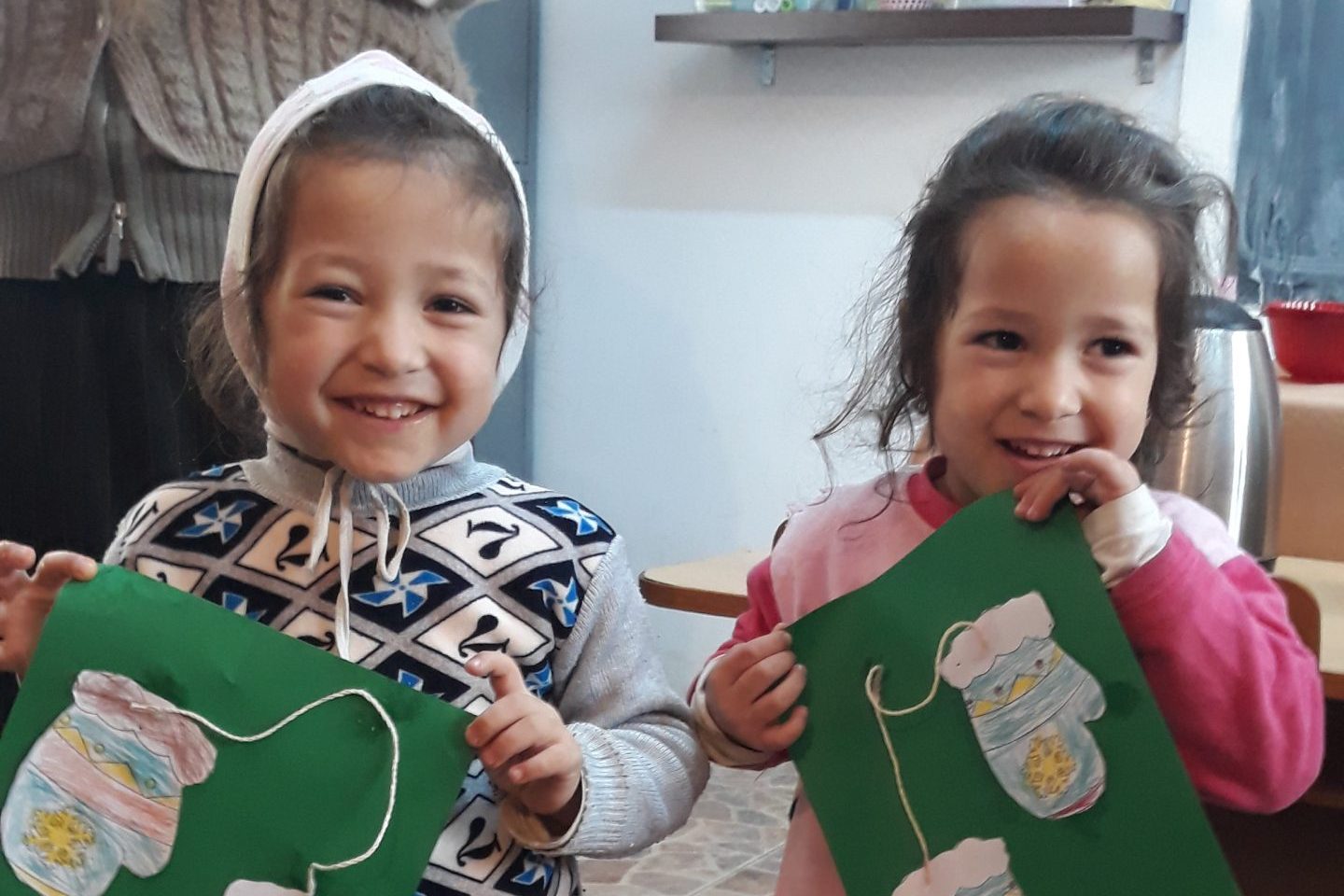
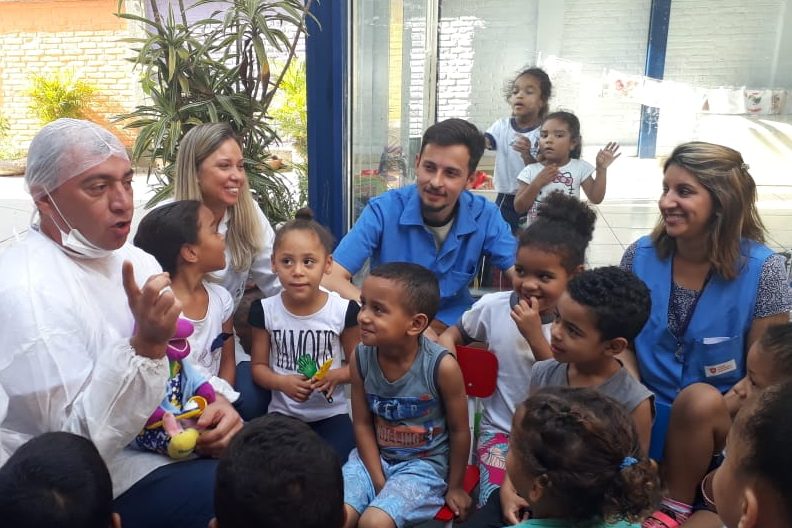
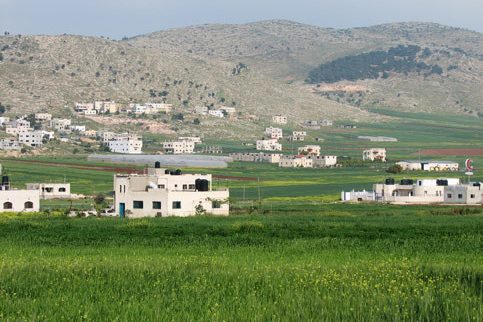
Integration Programme for Roma Children, Romanian Relief Service & Embassy of the Order of Malta to the Roma People
This new work new uses the rich cultural tradition of Roma communities as a way to engage vulnerable children, improve concentration and improve their integration in the town of Arad. The Fund’s support will enable ten children to attend art and music workshops, giving them a positive activity that will develop skills and stretch their horizons. Alongside the weekly workshops will be visits to galleries and concerts, before the children host their own exhibition and concert at the end of the year. Social counselling for the children and their families will also be provided to reinforce the gains made.
Healthcare for Vulnerable Children, Brazilian Association of Sao Paulo & Southern Brazil
Sight and hearing problems hinder normal childhood development, profoundly impacting children’s ability to learn, to form relationships and to cope with the surrounding world. Many of these problems are treatable, but early intervention is vital. Left undiagnosed and untreated, cognitive and emotional development can be severely impaired, and permanent disability can occur. This grant will cover the staff costs of this new project targeting children aged up to eight years old from the slums of Sao Paolo who have no other access to healthcare. It will provide diagnosis, care and treatment for vision, hearing and speaking for 301 children, as well as referrals to surgery where necessary.
Medical Outreach to Remote Rural Areas, Embassy of the Order of Malta to Jordan & Italian Relief Service
An estimated 30% of Jordanians suffer from type-2 diabetes. Nearly 40% remain undiagnosed, especially in remote rural areas, vastly increasing their risk of other illnesses. This new work will provide a mobile medical outreach service three days a week to areas with almost no access to healthcare, increasing diagnosis, treatment and monitoring for 2,000 diabetes sufferers. It will also provide monthly information sessions on managing diabetes, and two diabetes prevention and treatment training seminars for local medical staff. The Fund’s support will cover the purchase of the mobile medical unit.
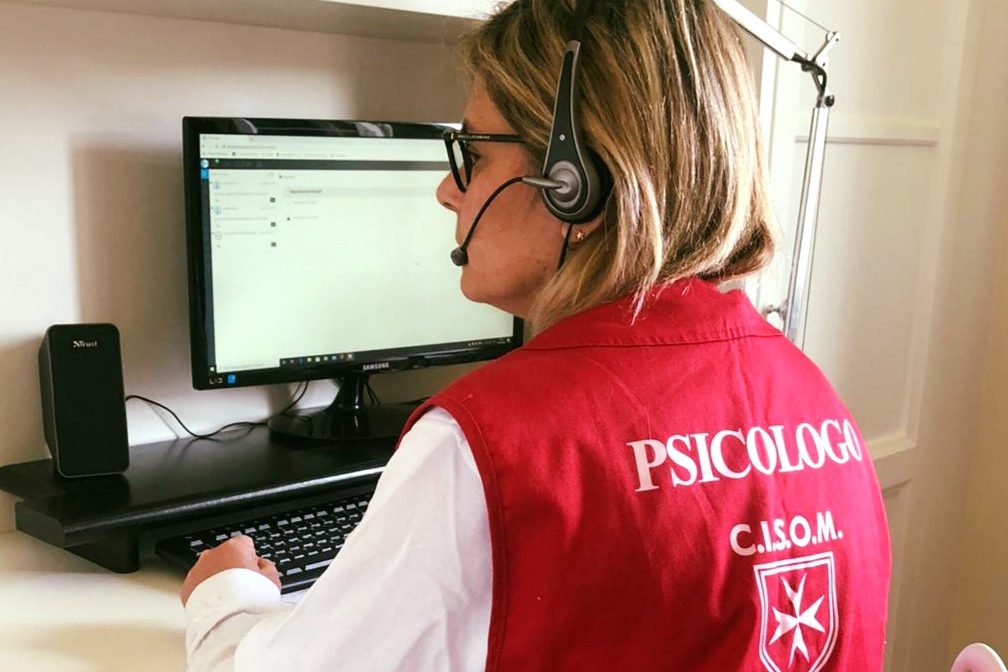
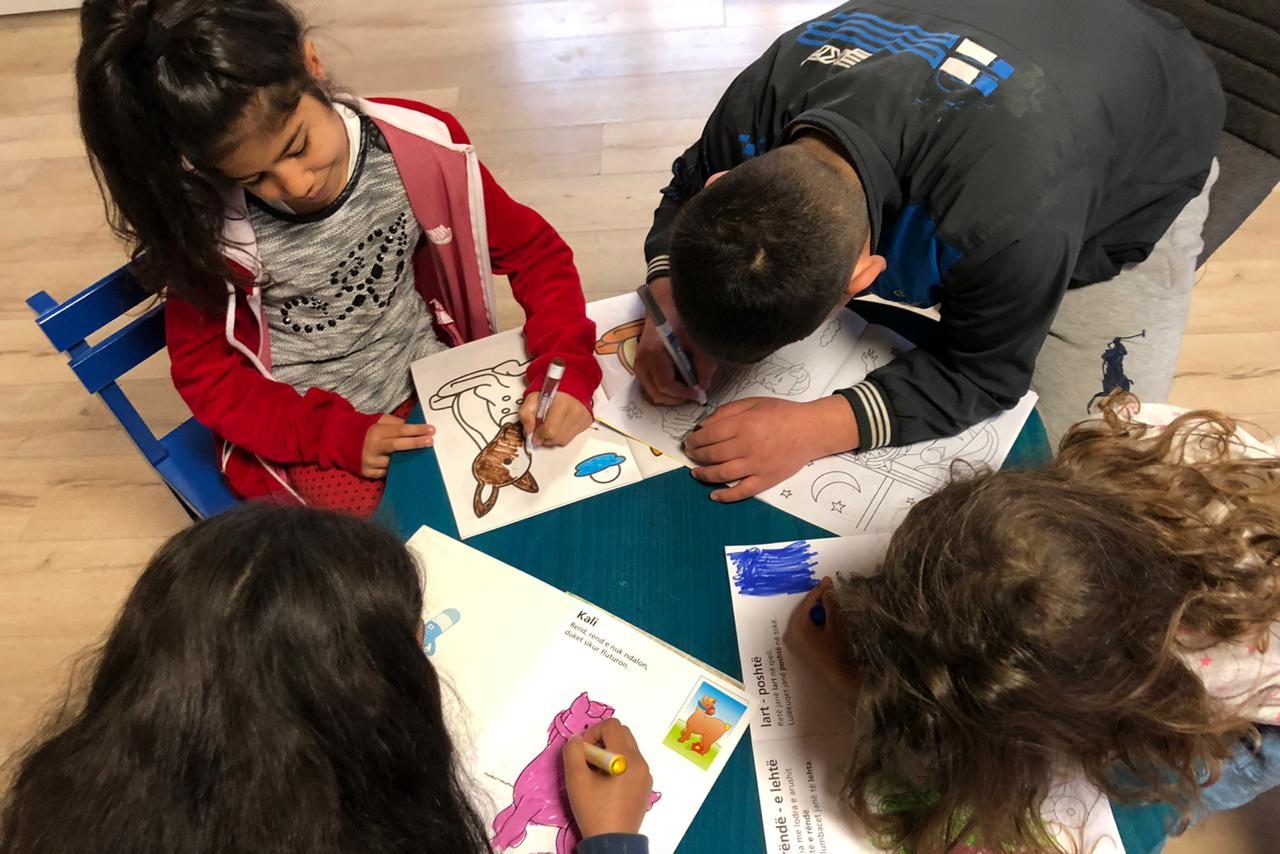
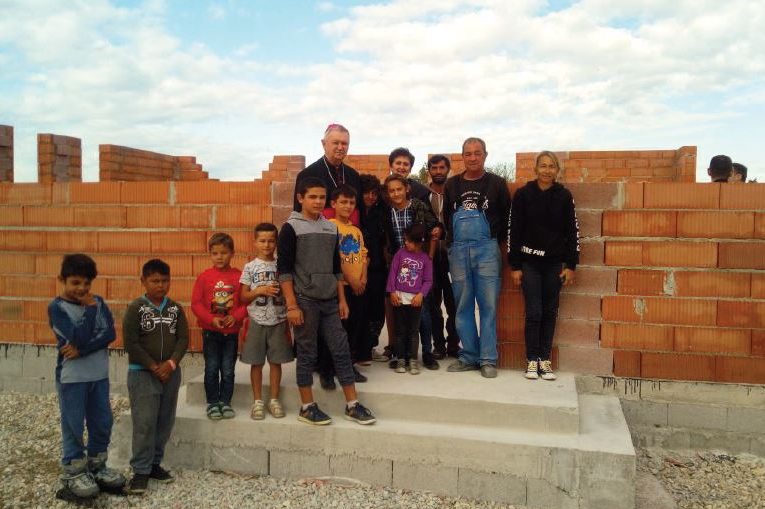
Psychological Support (COVID-19), Italian Relief Service
With Italian citizens experiencing long periods of enforced isolation and medical staff facing unprecedented levels of personal risk, stress and pressure, scars left by the COVID-19 pandemic will be psychological as well as physical. The Italian Relief Service has established a 24-hour telephone and online psychological support system for health workers and civilians, helping them to cope through this difficult time. The Fund’s grant supports this network, manned by specialist staff providing trained psychological support via one-to-one remote sessions or group fora to those working in hospitals as well as in isolation. It will also particularly target those discharged from hospital, who may have shown physical recovery, but are mentally still struggling with trauma, fear, anxiety and loneliness whilst still in isolation.
Integration Programme for Roma Communities, Albanian Relief Service & Embassy of the Order of Malta to the Roma People
There are nearly 2,000 Roma people and 1,189 Egyptians living in dire conditions in Northern Albania. Isolated from mainstream society, both socially and economically, they face challenges with housing, unemployment, access to social services, healthcare and education. Since 2001, the Albanian Relief Service has been working to improve the quality of life of these marginalised communities. This project works to improve access to social services, healthcare, legal assistance and education through their integration centre in Lezha, constructed with support from the Fund. This grant will underpin the core costs of the programme including a kindergarten for three to six year olds, after-school activities, literacy courses, sport and music to support educational attainment and reduce high school drop-out rates.
Day Care Centre for Roma Children, Croatian Relief Service & Embassy of the Order of Malta to the Roma People
Varazdin in Croatia is home to the country’s largest Roma community, including the Bajashi, a particularly destitute Roma sub-group. Bajashi families live in appalling, unsanitary conditions, and many drop out of school, girls often marrying very young. This grant will help the Order complete the creation of a new community centre with space for 60 pre-school children and their mothers. The centre will provide food and clothing, as well as literacy classes, personal health and hygiene instruction, health checks and recreational activities that encourage socialisation. It will support the basic needs of this desperate community and help them integrate into Croatian life, remain longer in education and build hope and aspirations for a better future.
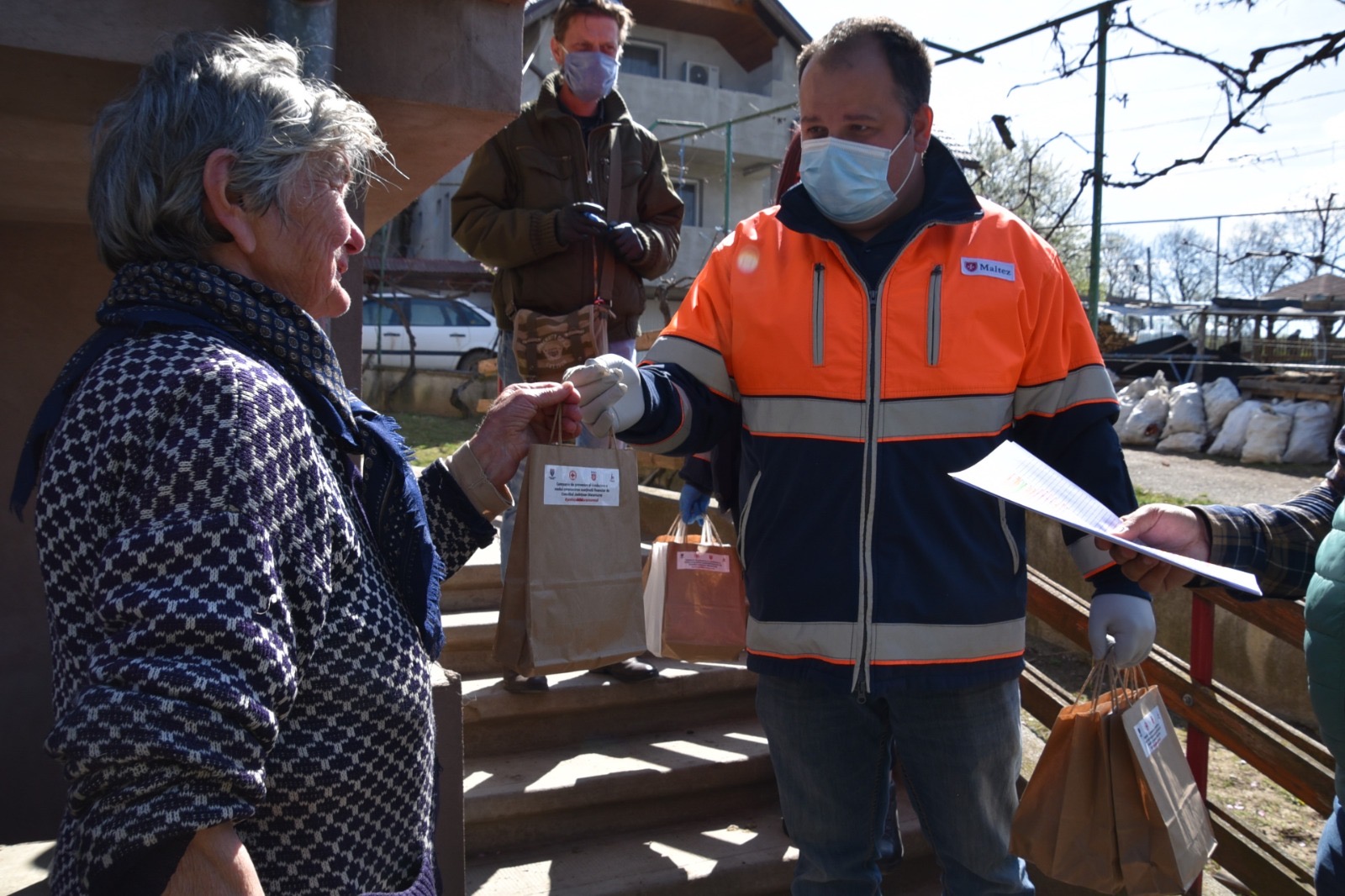
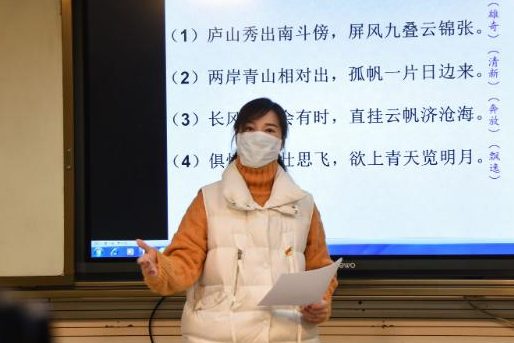
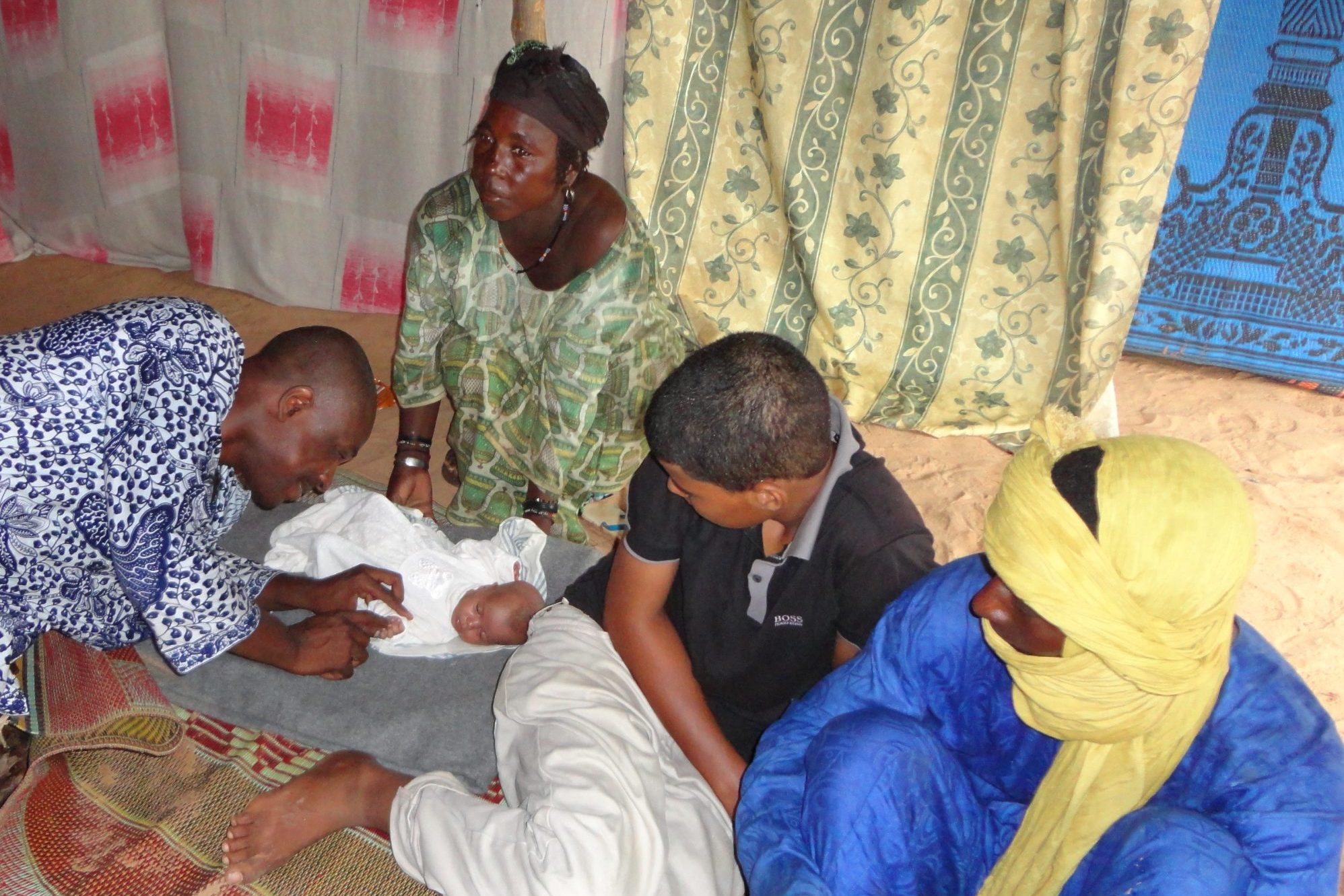
Food for the Isolated (COVID-19), Romanian Relief Service
Many families in Romania have lost their livelihoods due to the economic disruption of the COVID-19 pandemic, and are struggling to find the means to feed their children. Meanwhile, elderly and disabled people at high risk of infection stay isolated at home, afraid or prevented from leaving to buy food. The Romanian Relief Service have expanded their services delivering food packs and hot meals to families in need and high-risk individuals to help them through this crisis. The Fund awarded a special grant to support these activities, enabling the Relief Service to bring the essentials for life to over 800 people.
Online Learning for Disadvantaged Children (COVID-19), Order of Malta Hong Kong
Hong Kong successfully curbed the spread of COVID-19, but school closures and online learning have left many children from disadvantaged backgrounds unable to join their peers in the virtual classroom. With the support of the Fund, the Order is providing high-quality, low-cost laptops to 50 children in need, allowing them to overcome this barrier and continue their education during the pandemic. Volunteers also organise regular online check-ins with students to support them with homework, English lessons, and other life skills, giving them the best chance at a brighter future.
Healthcare for Malaria Patients, Order of Malta France
Malaria is the leading cause of death in Burkina Faso, and the Order of Malta’s Health Centre in Ougadougou saw over 13,000 malaria patients in 2019. Cases spike in the rainy season, often overrunning the ten bed capacity, leaving patients receiving treatment on the floor. With the Fund’s support, in 2019 work began on an extension to increase the centre’s capacity and this further grant will complete this expansion to 20 additional beds, allowing more patients to receive the best possible care.
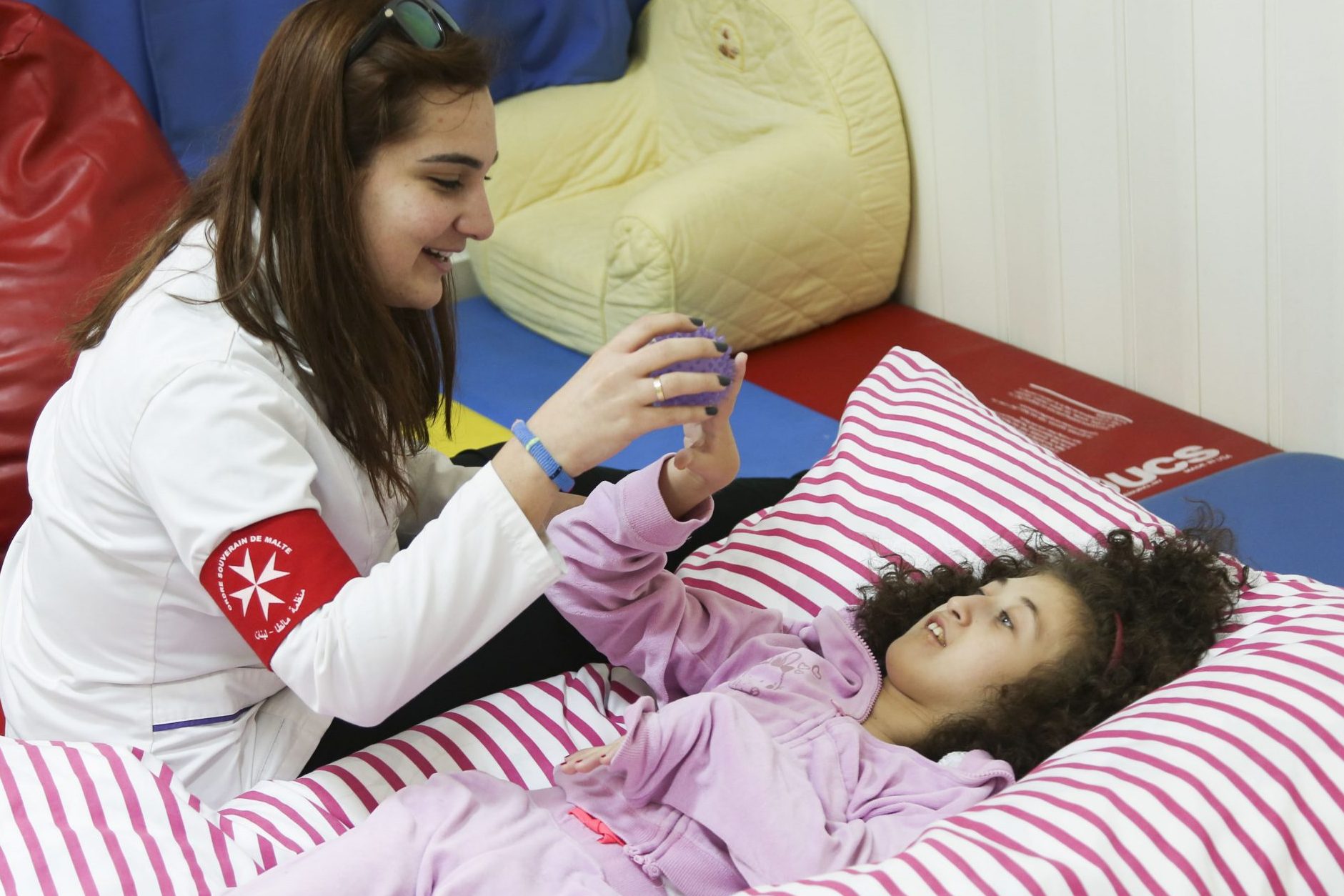
Socio-Medical Care for Disadvantaged Children, Lebanese Association
Teachers in Lebanon report an increased number of children struggling with speech and movement. Many are refugees from Iraq and Syria, physically and psychologically traumatised by their experiences, making learning a particular battle. The Order’s socio-medical centres develop physical skills and improve mental resilience. Supported by psychologists, nutritional advisers and speech and movement therapists, children regain their confidence and the ability to achieve. This grant will pay for weekly consultations, psychological assessments, and transportation costs for the four therapists between the four centres from which the programme operates, allowing over 400 children to receive vital mental and physical healthcare.

